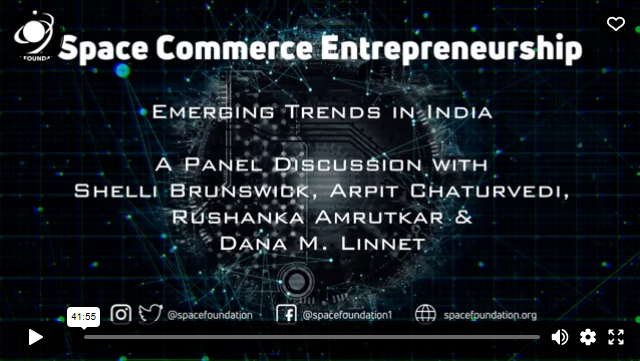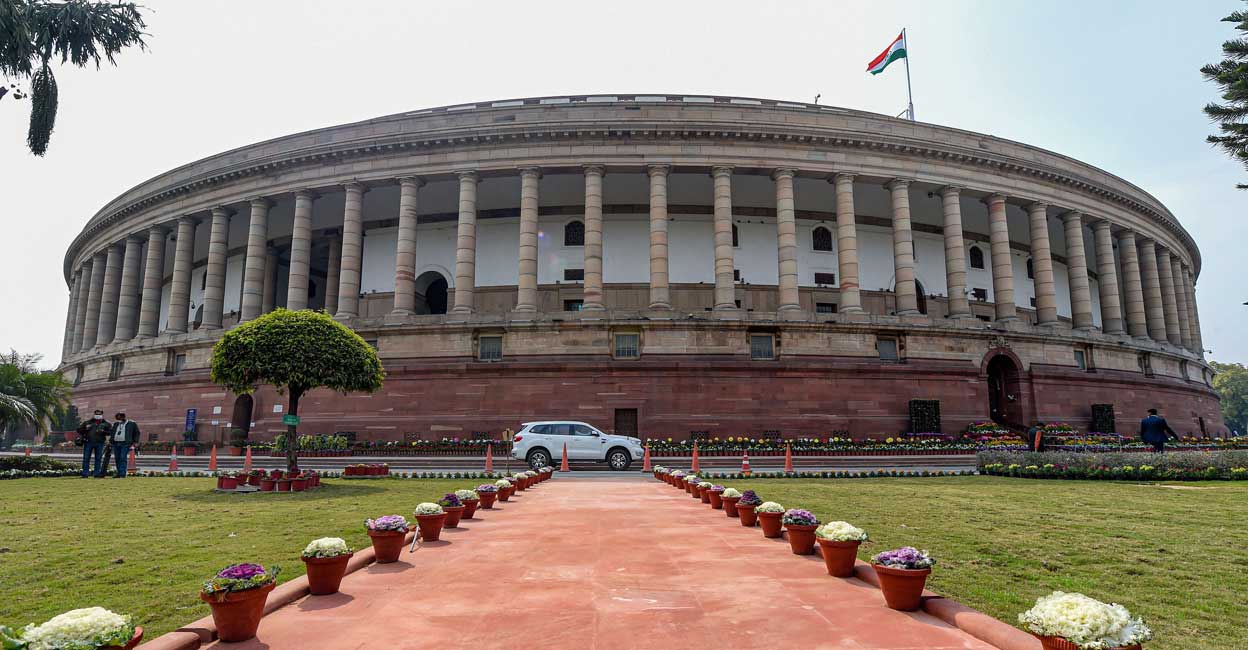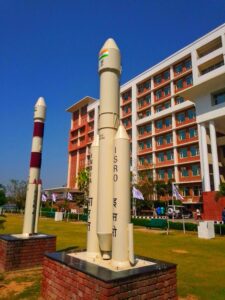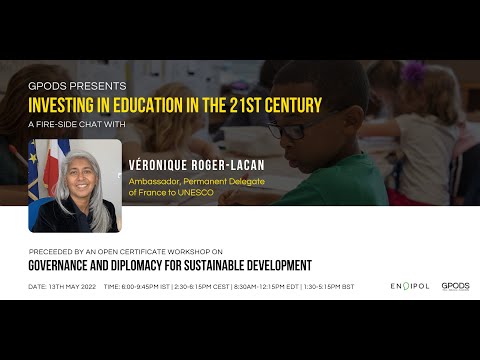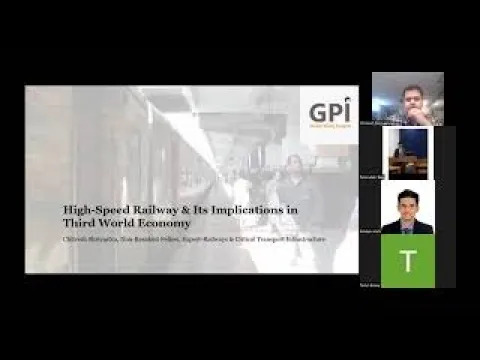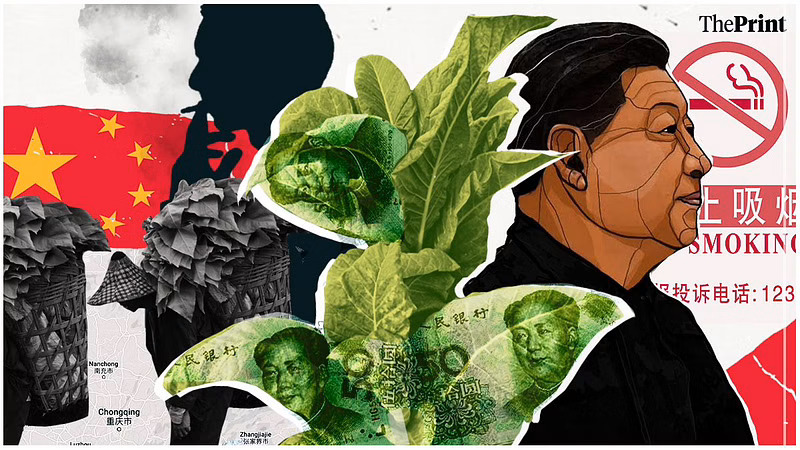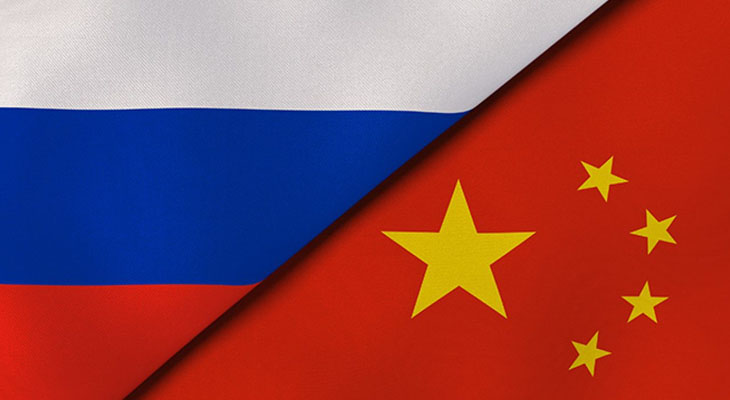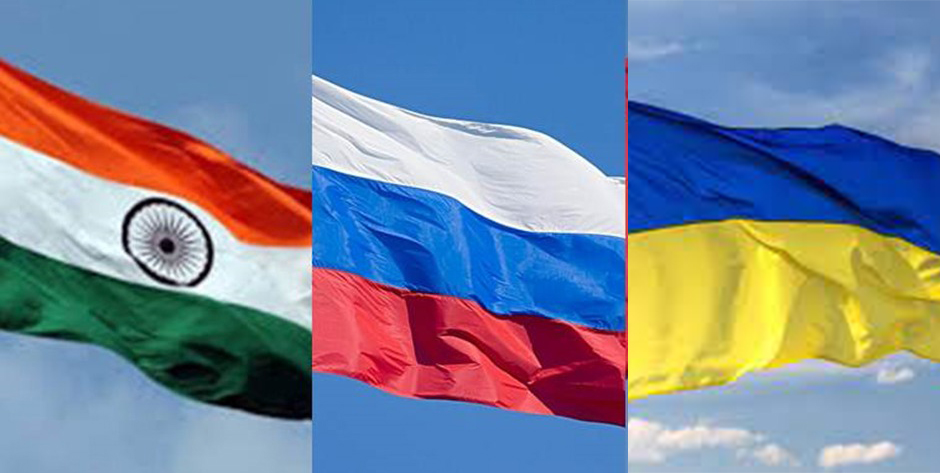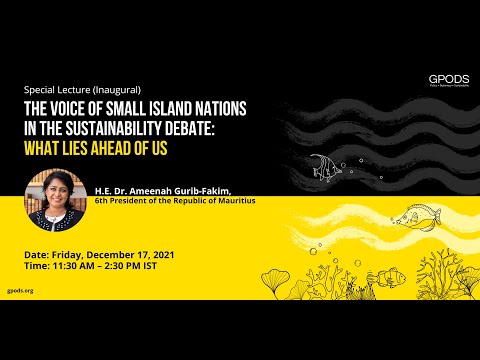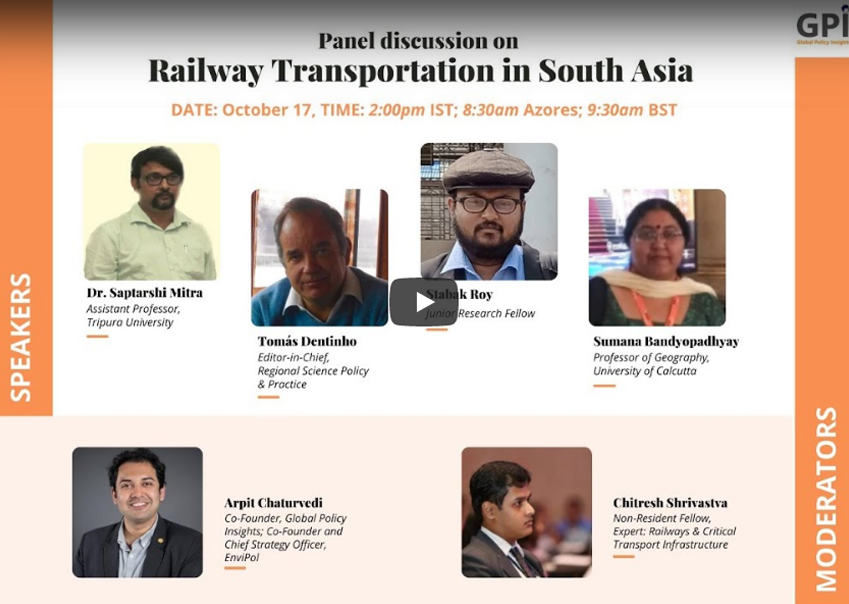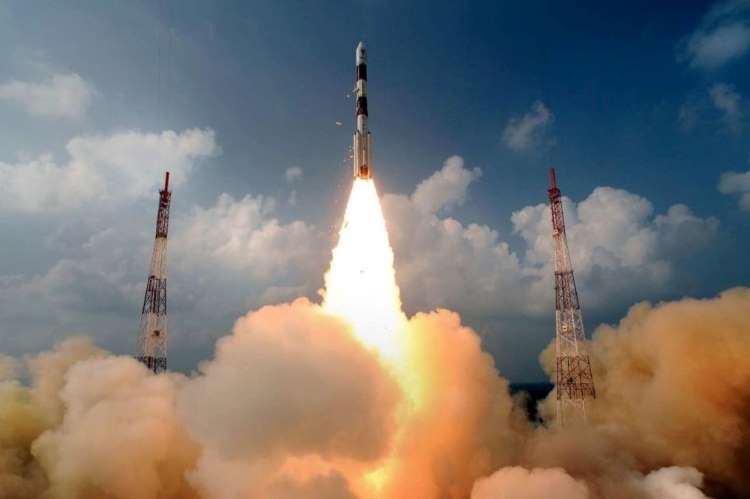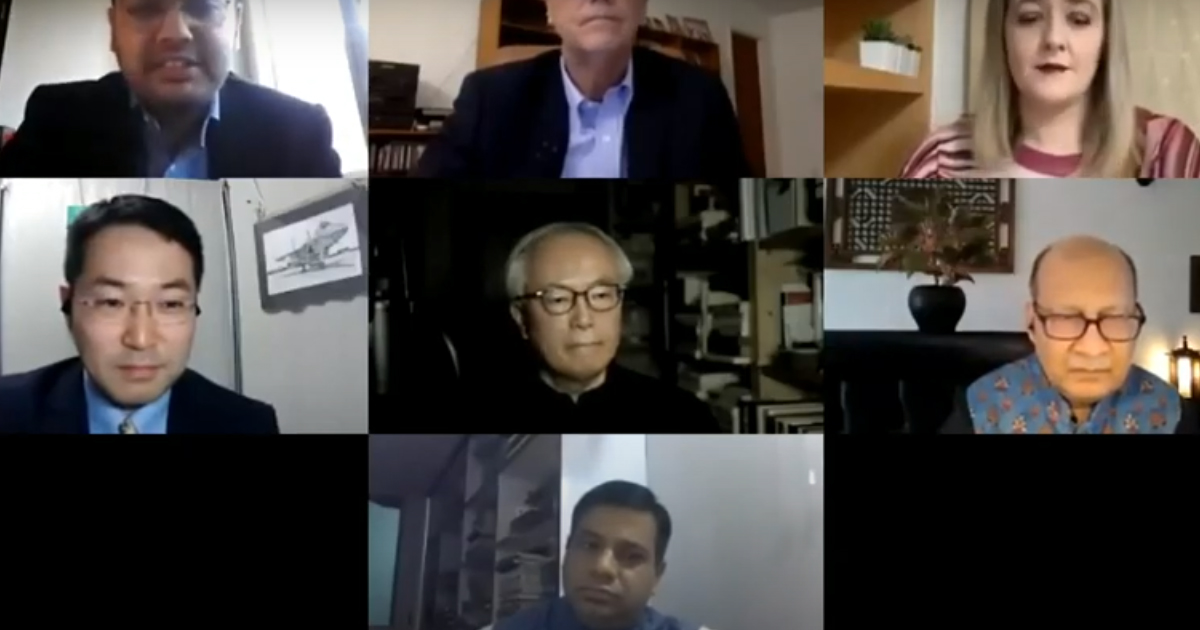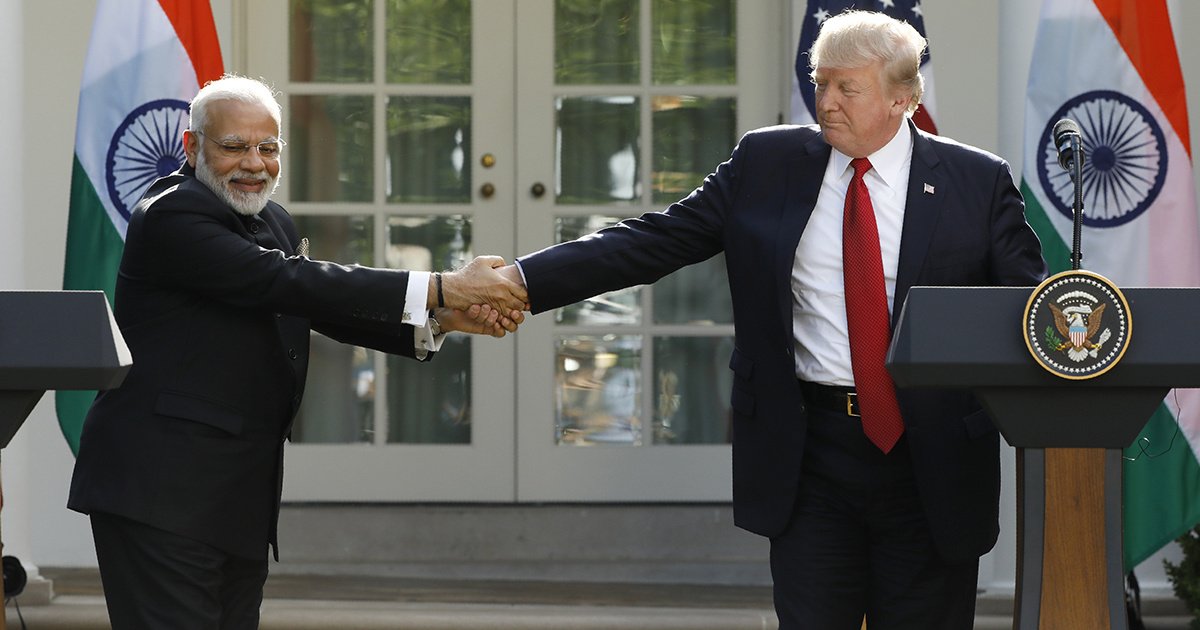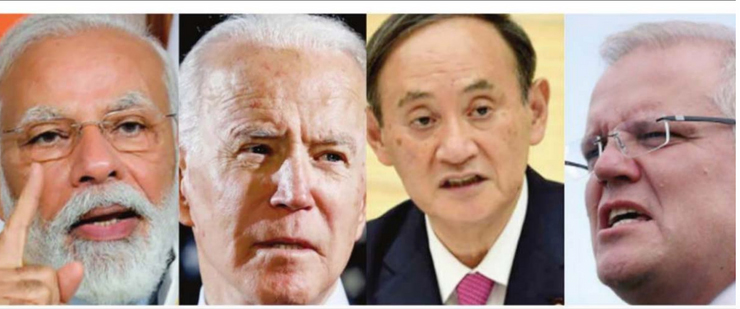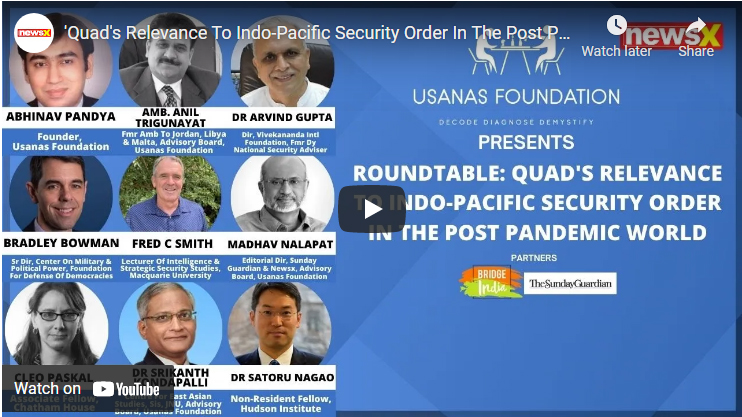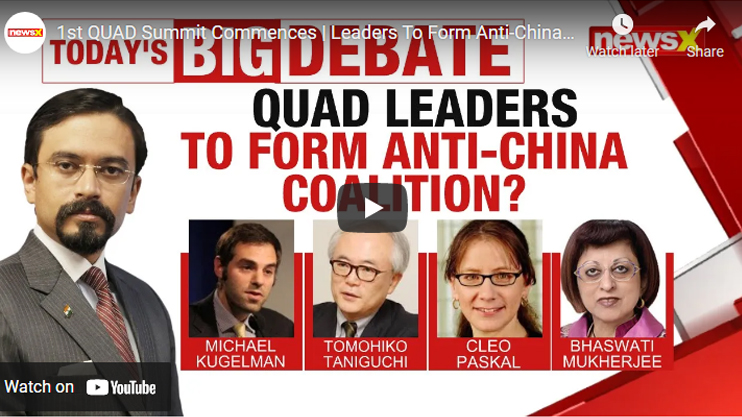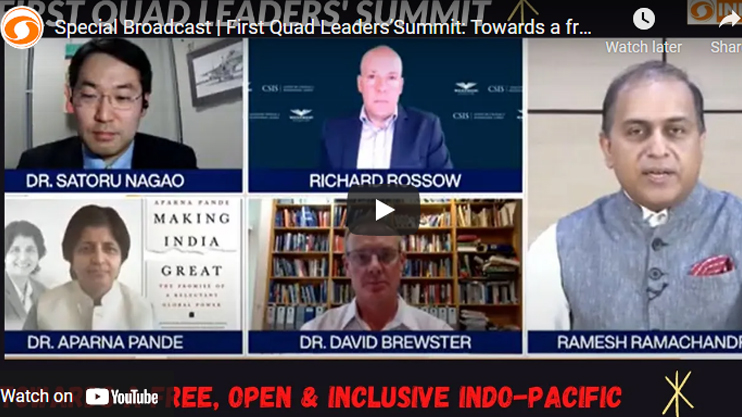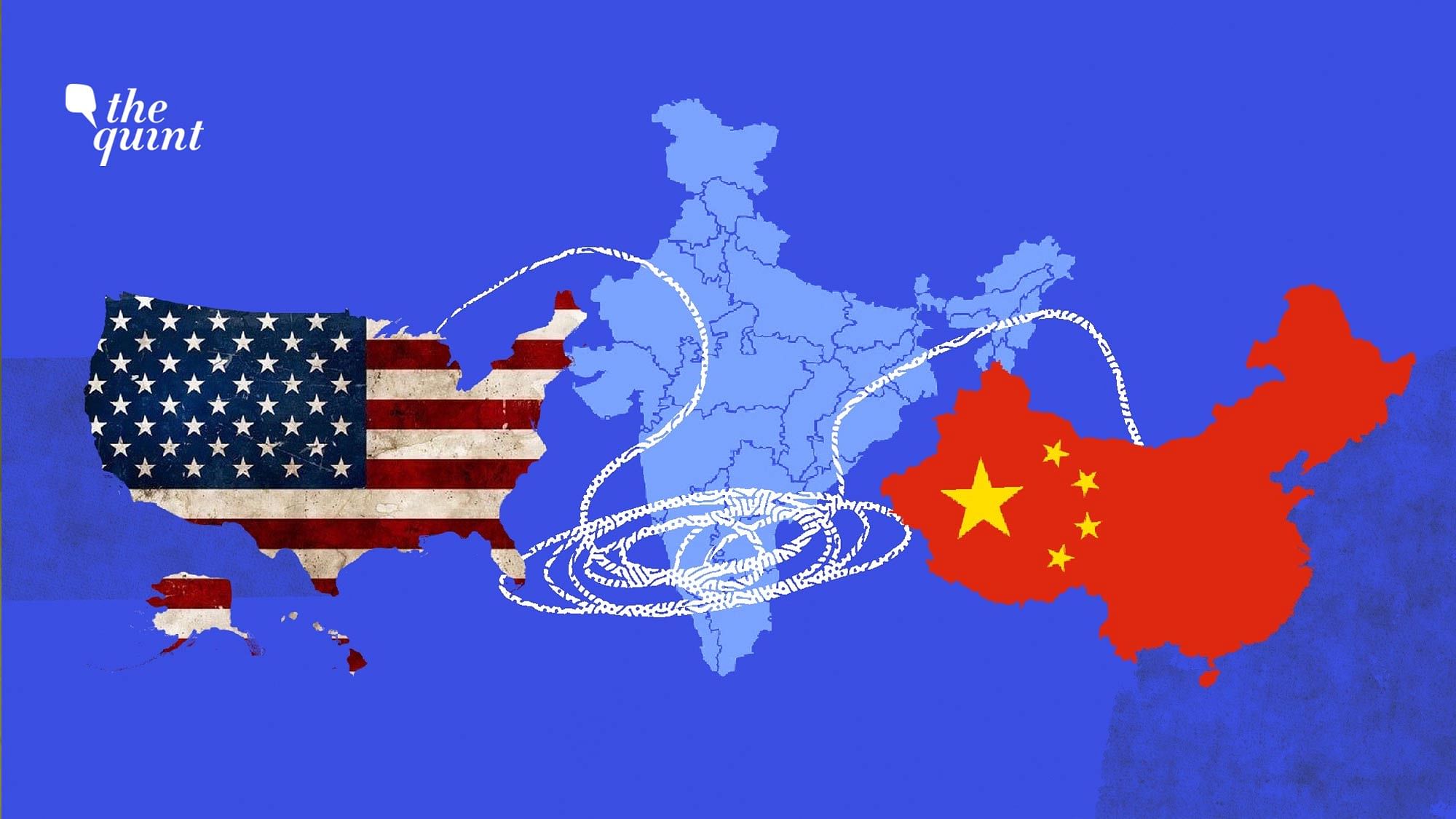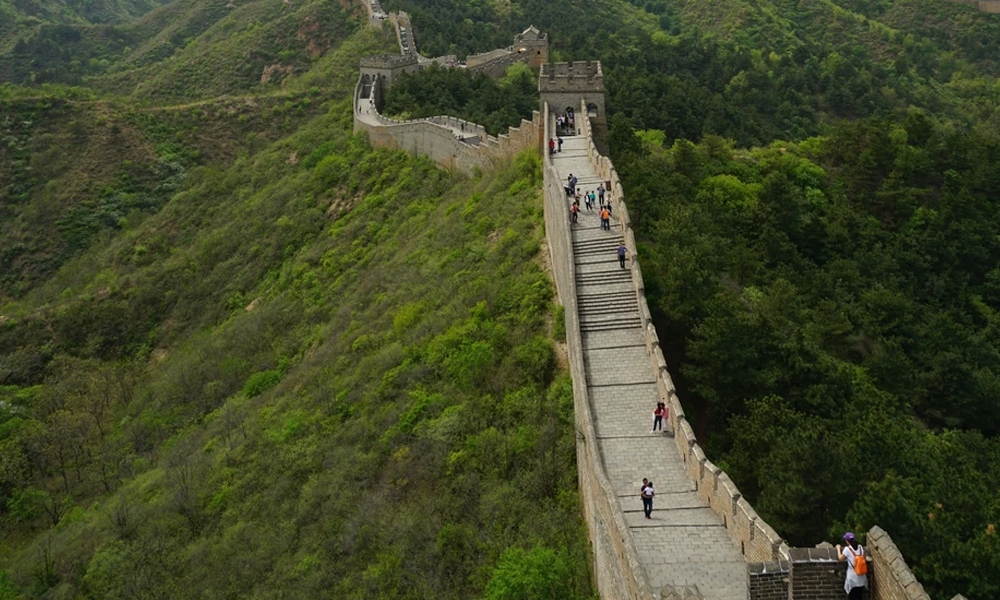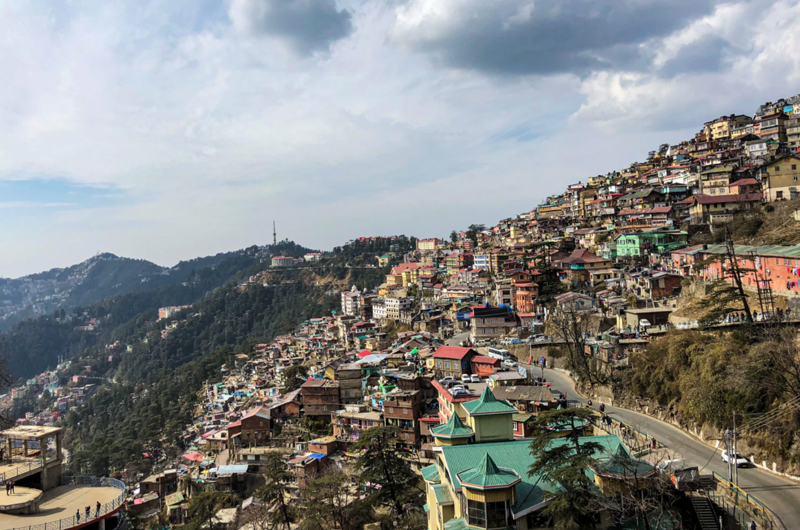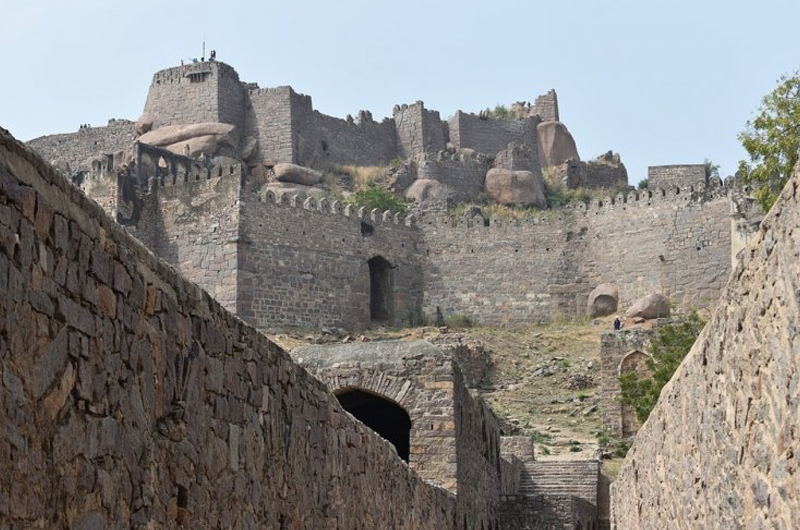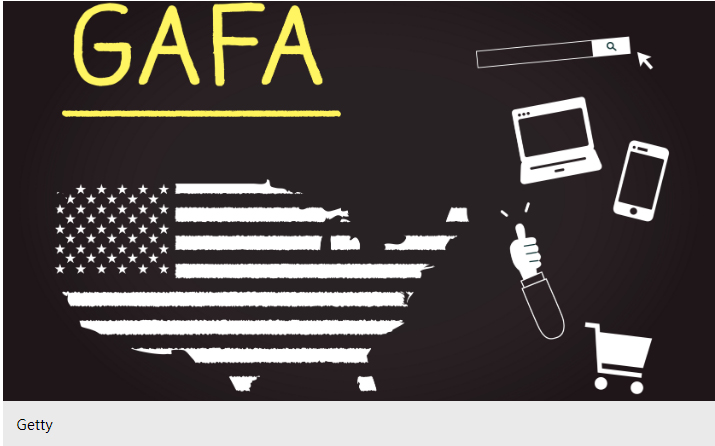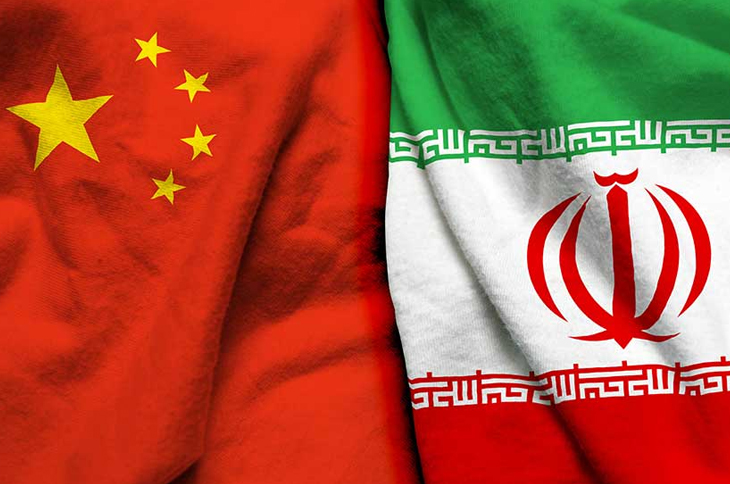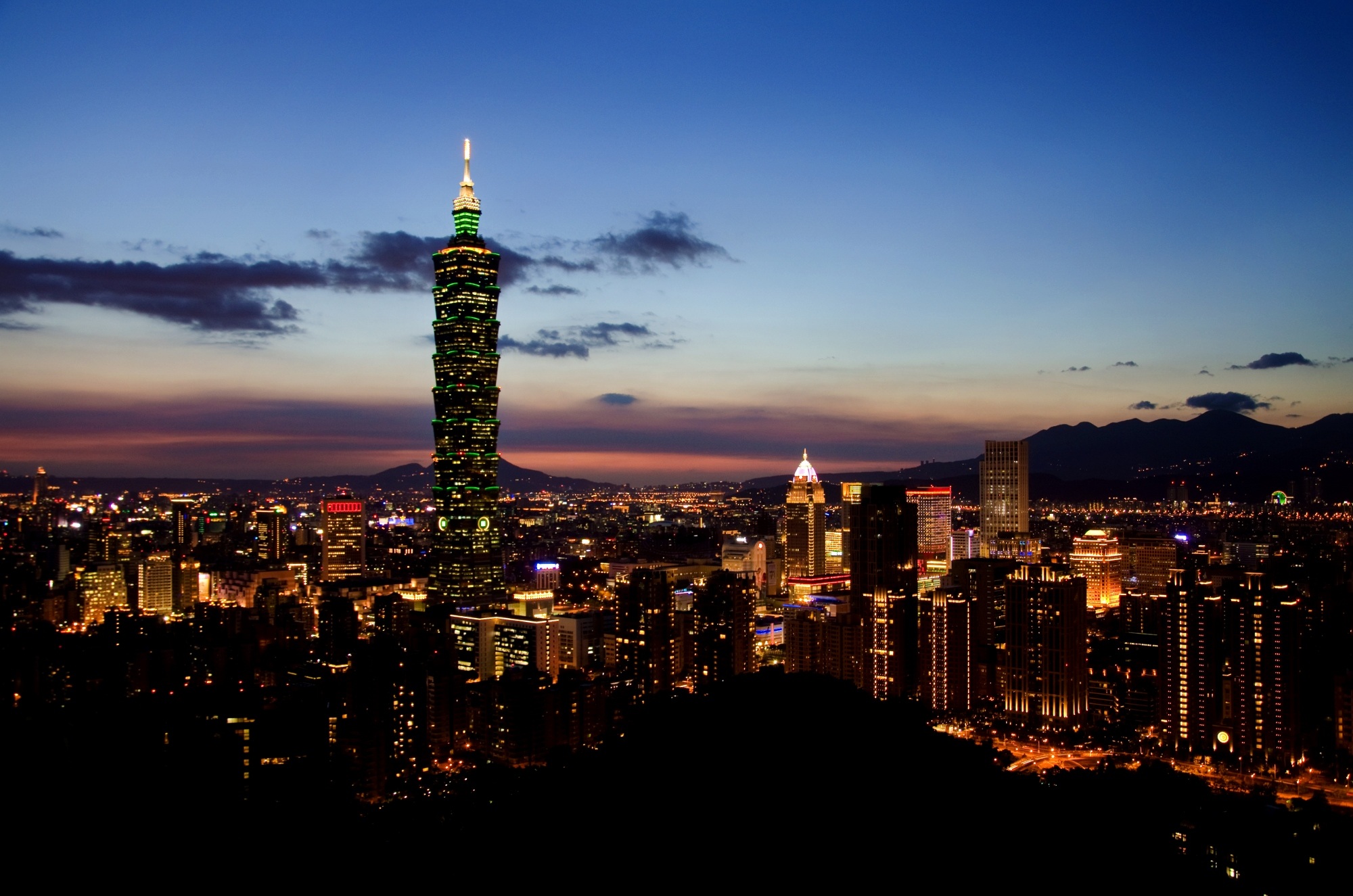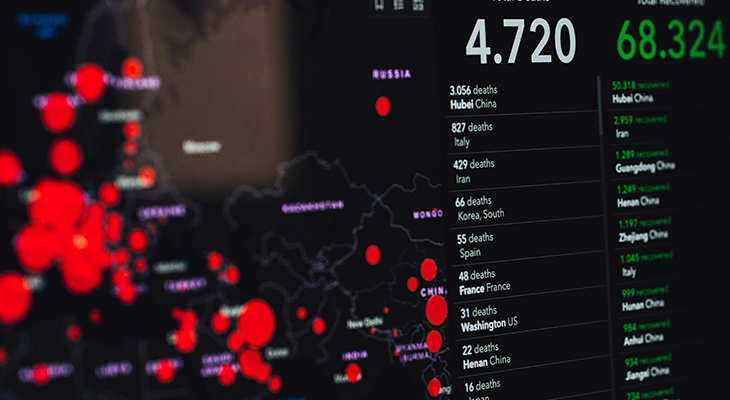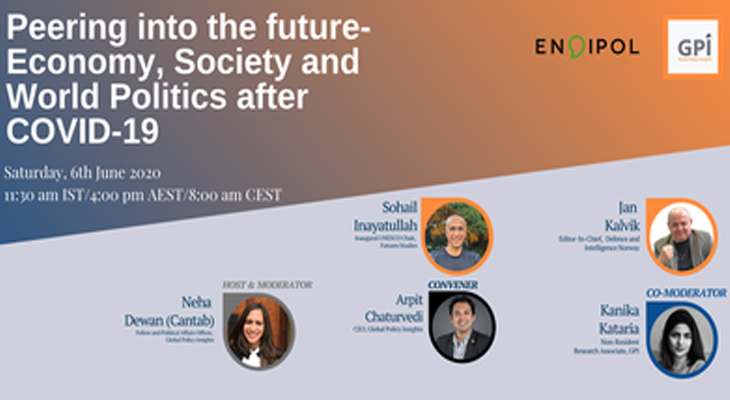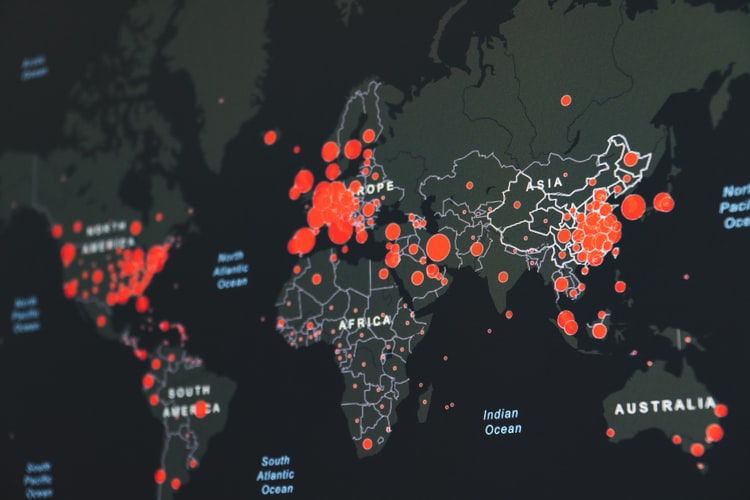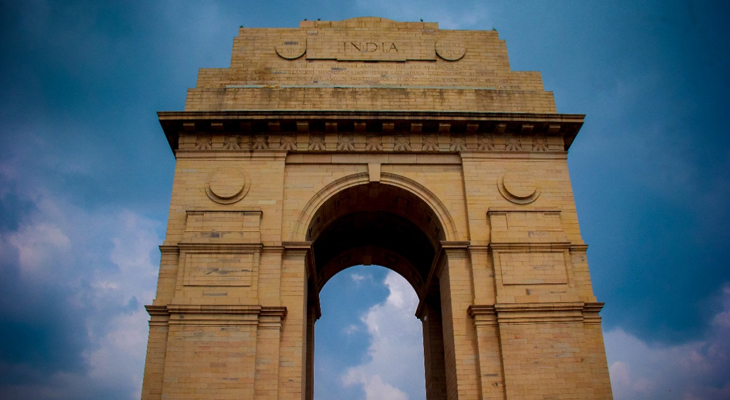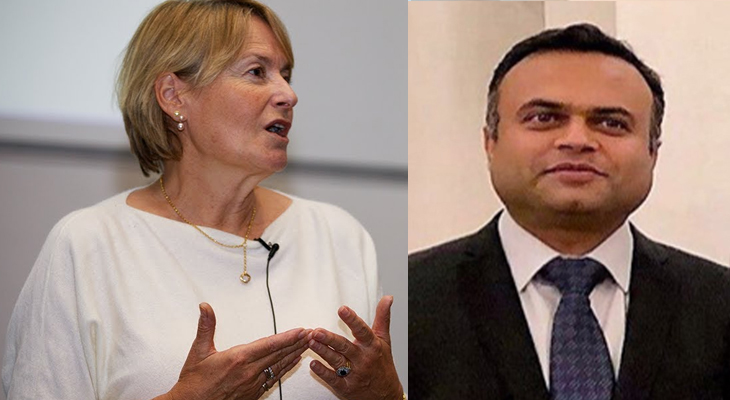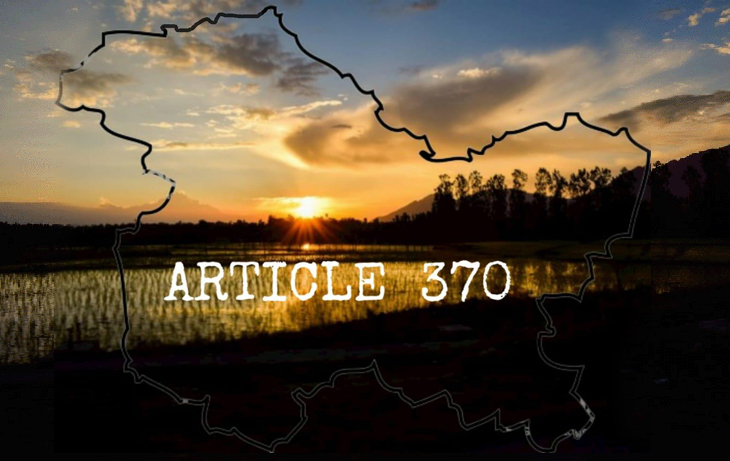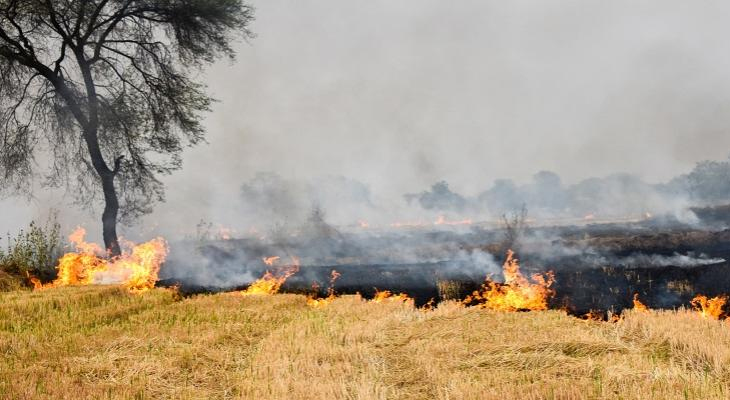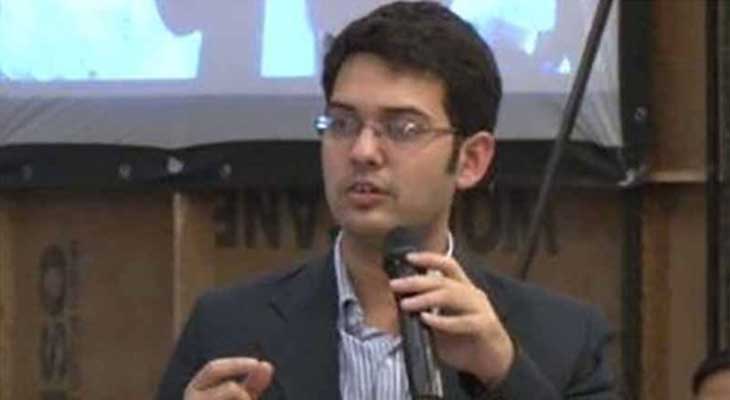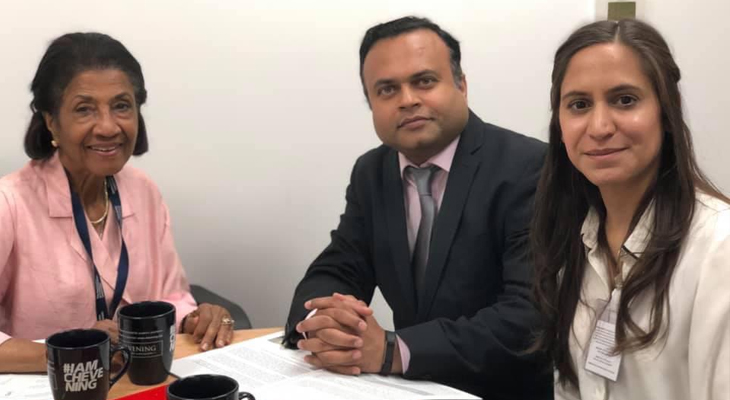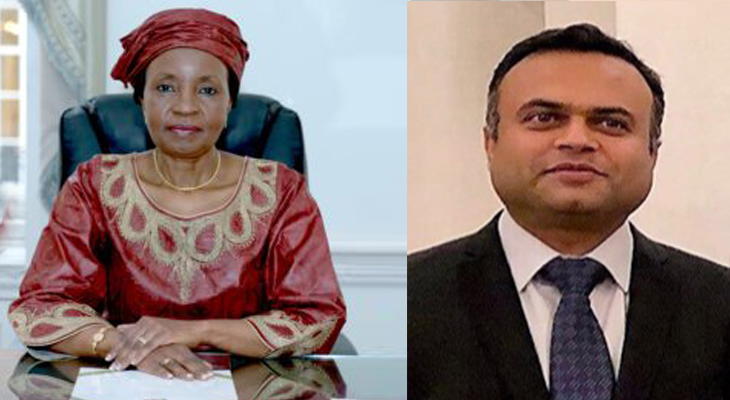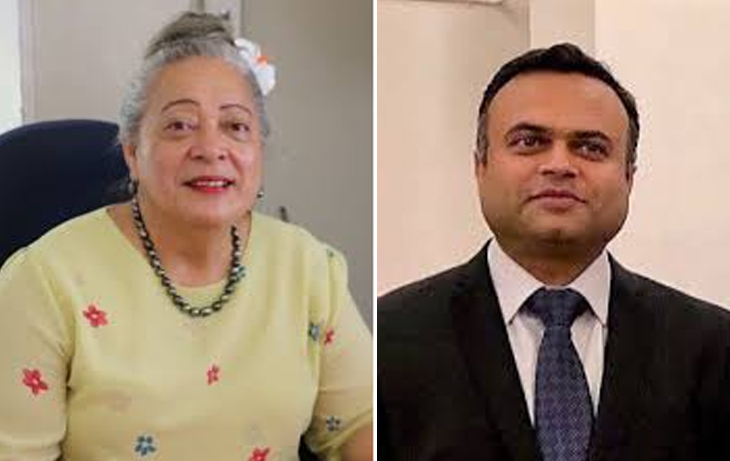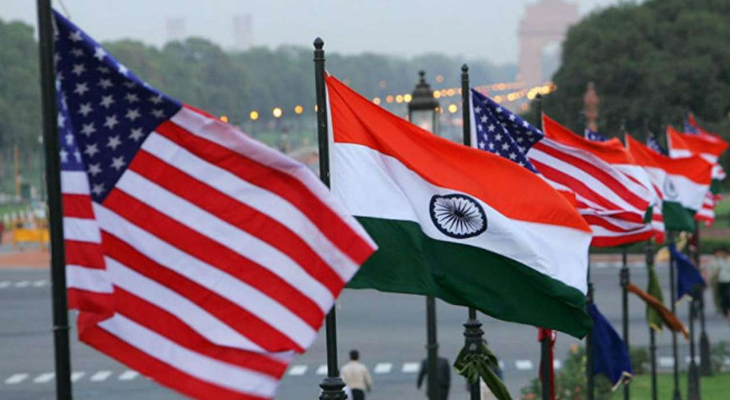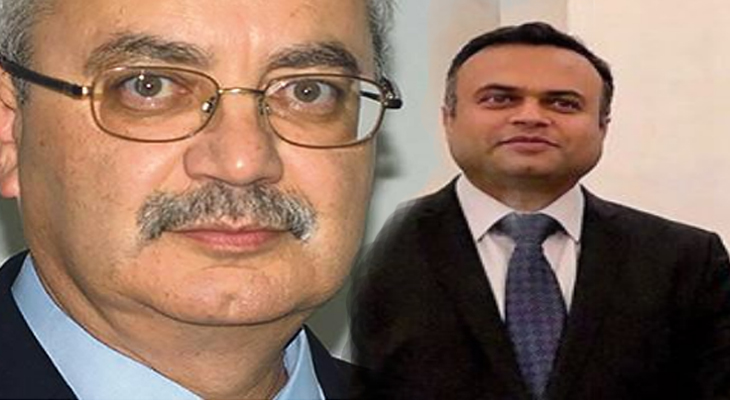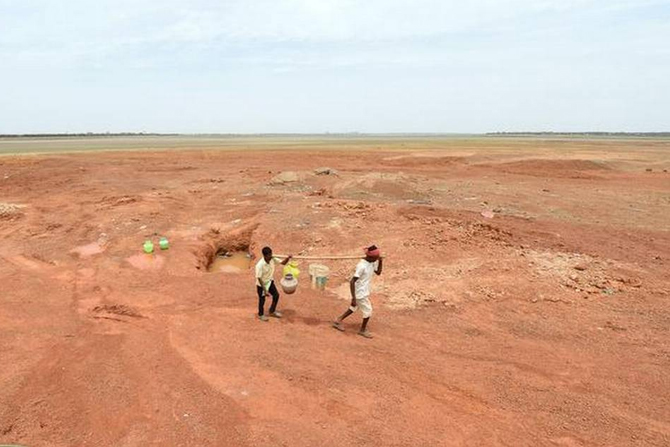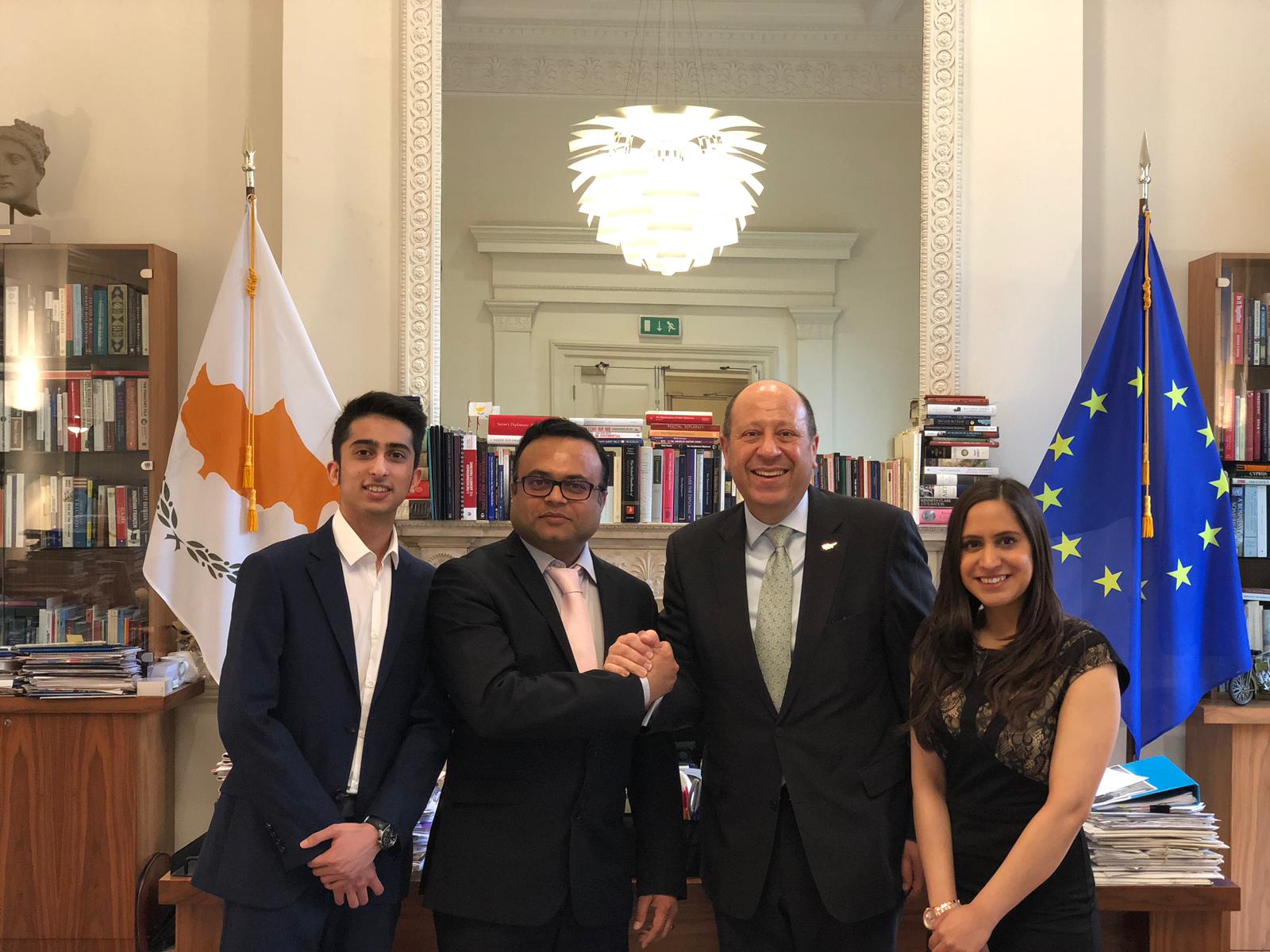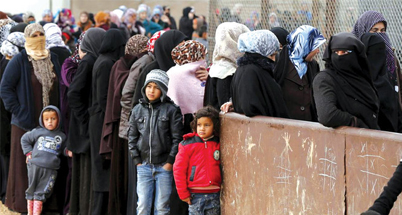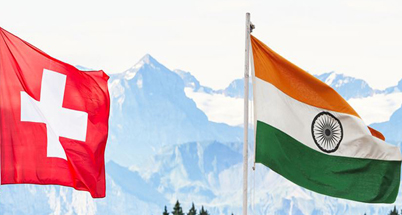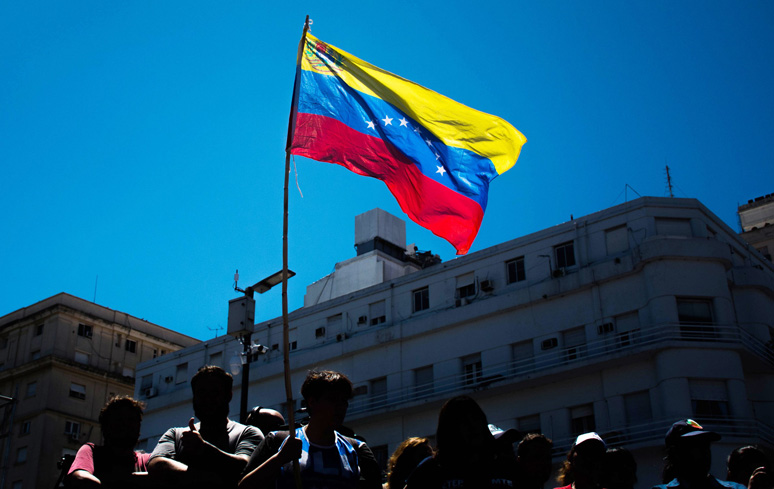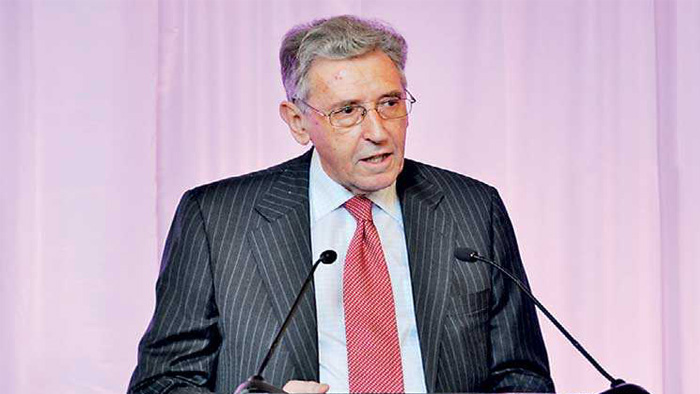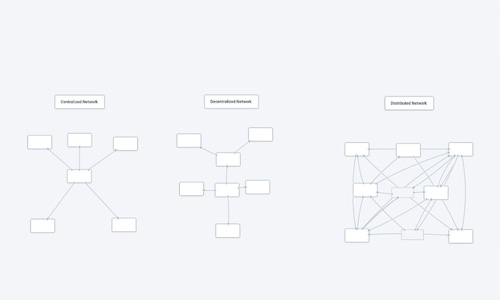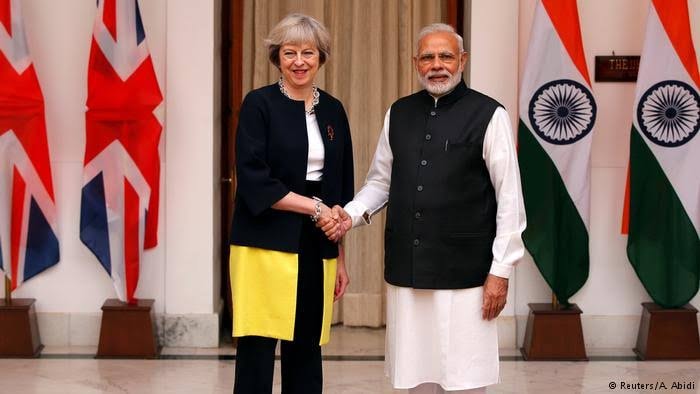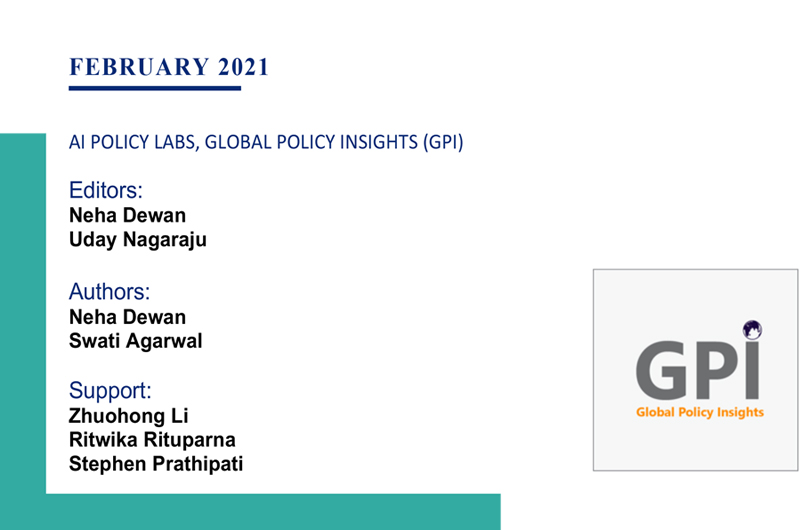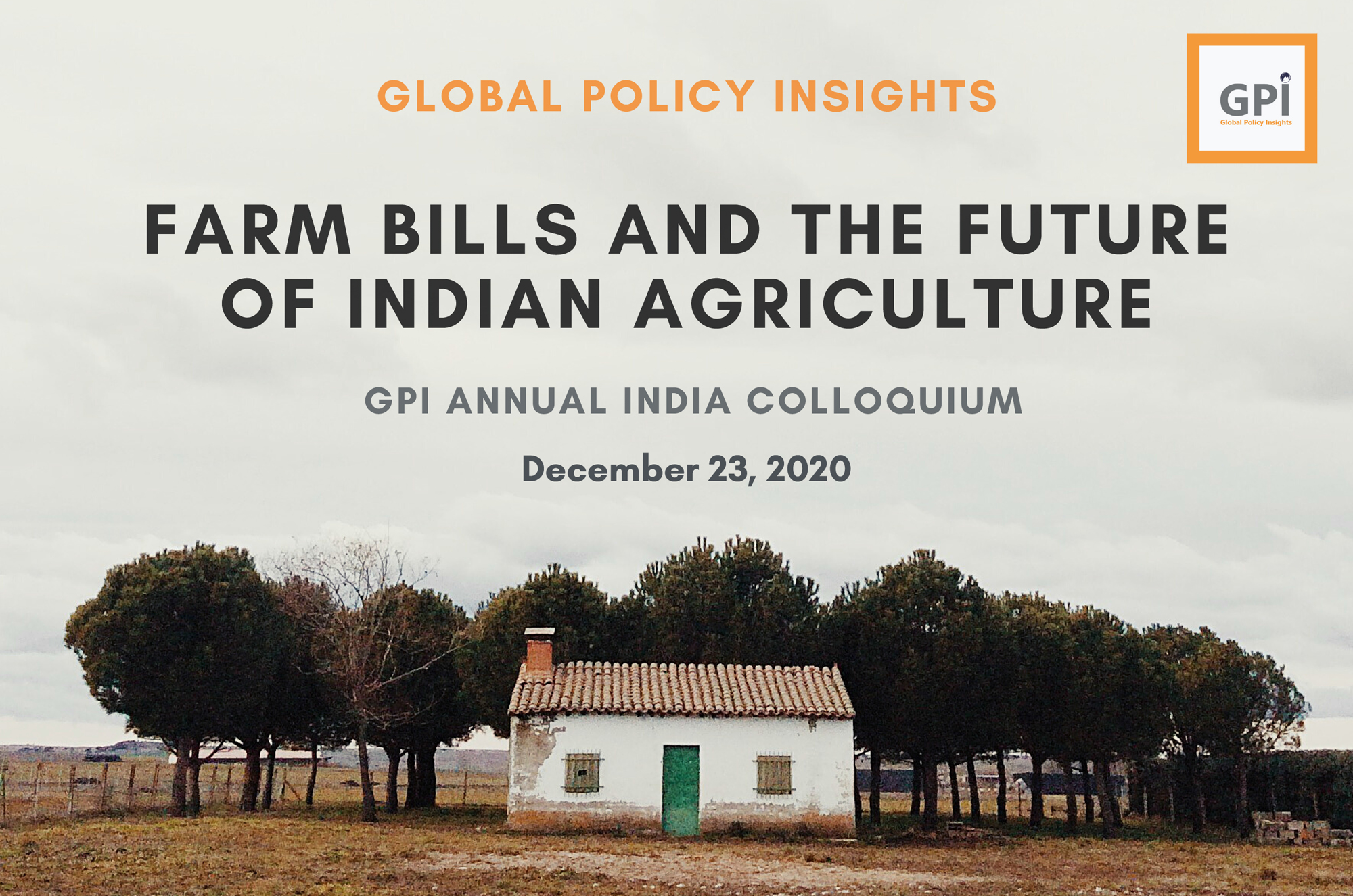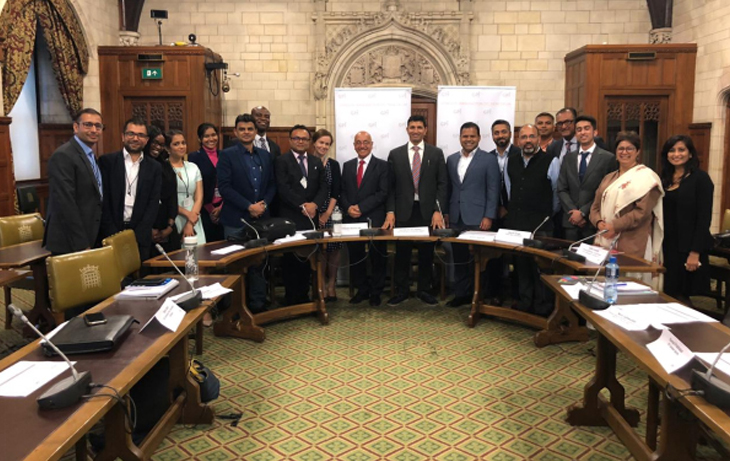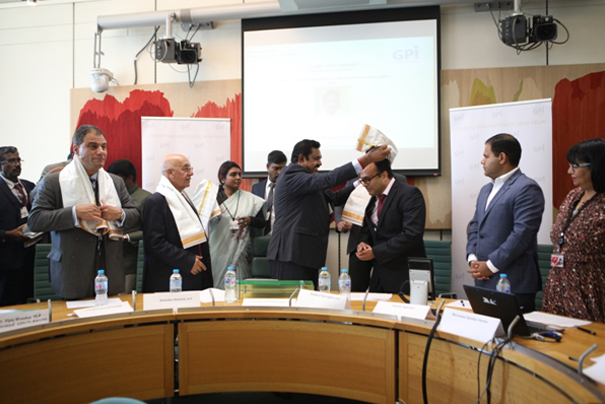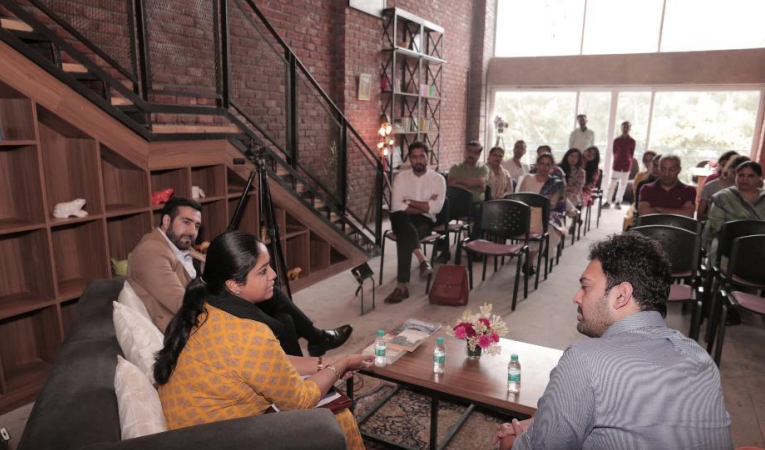- About Us
Global Policy Insights (GPI) is a centrist policy institute with a vision to equip governments, policy makers, NGOs and diverse actors within the sphere of international development with the tools required to nurture good governance practices and promote sustainable development. Read more
Our Team
Our team includes public policy experts, scholars, journalists, and practitioners who work in synchrony to generate evidence-based knowledge that yields unique perspectives on an array of complex issues. Read more
Approach
At GPI we employ interdisciplinary lense to understand the world and provide solutions for some of its most pressing policy issues based on insights from a wide array of epistemological branches and methodologies such as systems thinking, game theory, behavioral economics, statistical and narrative research, ethnography and historiography.
Recent Posts
Policy alternatives for promoting organ donation in India
Nov 21, 2022 by Arpit Chaturvedi
India has one of the lowest organ donation rates in the world. As per the International Registry in Organ Donation and Transplantation (IRODaT), the number of persons donating organs per million population stood at 0.52 in 2018-19.
Why India Needs a Comprehensive Biosecurity Framework
Nov 14, 2022 by Arpit Chaturvedi
India is vulnerable to bio-attacks. Let's face it: if an adversary state or a nonstate terrorist actor were to target India through bio attacks, it will be ill-prepared with a litany of ministries such as Defence, Home Affairs, Health and Family Welfare, Agriculture, Urban Development, Rural Development, and even Railways, scrambling to find the direction and coordination needed to respond effectively.
Shelli Brunswick Panel Interview, Emerging Trends in India
Nov 07, 2022
Join Shelli Brunswick, COO of Space Foundation, as we hear from an international, interdisciplinary panel of experts who share their journeys and observations about the trends taking place in the region.
The Embedded Inequities in India’s Renal Transplant Regime
September 19, 2022 by Arpit Chaturvedi
India is heading towards becoming a digital economy where data is extremely essential for governments, and companies to run in the 21st century. India is generating humongous data - 150 exabytes annually.
What were the Major Loopholes in the Data Protection Bill that led to its Withdrawal
August 23, 2022 by Shiv
India is heading towards becoming a digital economy where data is extremely essential for governments, and companies to run in the 21st century. India is generating humongous data - 150 exabytes annually.
The Role of Presidents in Parliamentary Democracies: A Comparative Study Focusing on India
July 18, 2022 by Agnese Cigliano
With July 18th and the Election of the 15th President of India fastly approaching, it seems worth analysing the role of the President within the democratic system of India, and what are the implications of this on the overall democratic system of India...
Urban Green Spaces: The Case for Dirty Earth
June 11, 2022 Abhinav Choudhry
A nice chunk of my childhood in Bhopal was spent playing in neighbourhood parks. These parks were a lifeline for children otherwise limited to terraces and gullies because big grounds were too few and too far...
SpaceWatchGL Opinion: India and US have signed a Space Situational Awareness Agreement: So, What?
April 29, 2022 Arpit Chaturvedi, Abhinandan Khajuria
Cooperation in the spheres of defense, intelligence, and trade is a useful indicator of geopolitical alignments. If this statement is true, then the cooperation in emerging subsectors of the same gives a much clearer picture of how the geopolitical alignments will...
Fire side chat with Ambassador Véronique Roger Lacan, Permanent Delegate of France to UNESCO
May 18, 2022
Topic: Investing in education in the 21st century
Speaker: H.E. Ms. Veronique Roger-Lacan is the Permanent Delegate of France to UNESCO .
Open Lecture on: High-Speed Railway and its Implications in Third World Country
May 24, 2022
Speaker: Chitresh Srivastava, Non Resident Fellow at Global Policy Insights Moderated by Noorullah Wasi, Head of program and operation at Global Policy Insights
China wants to reduce smoking, but its largest revenue comes from tobacco. Solution? BRI
May 5, 2022 Bhavdeep Modi
China National Tobacco Corporation, a Chinese state-owned tobacco company also known as ‘China Tobacco’ grabbed eyeballs last year after a senior disciplinary inspector was sacked by the Communist Party’s powerful Central Commission for Discipline Inspection for using ‘shadow companies’...
Russia-Ukraine Conflict: A Moscow-Beijing Axis in the Making
April 29, 2022 Arpit Chaturvedi, Ameya Joshi
A joint statement on 4th February 2022 between the Russian and Chinese presidents mentioned the strategic partnership between the two nations as being one “with no limits”. This has raised fears of the emergence of a two-front Moscow-Beijing Axis....
Gintarė Narkevičiūtė, Russian aggression, politicians in Ukraine, NATO and the European Union
April 18, 2022 Gintarė Narkevičiūtė
Mr. Arpit Chaturvedi's Interview by Russia TV on India's position in Russia-Ukraine War
April 14, 2022
Arpit Chaturvedi, CEO Global Policy Insights Interviewed on Russia TV on India-US 2+2 Interministerial Meetings and the Russia-Ukraine War
Discussion on "Russia's War in Ukraine Geopolitics, Trade, and Migration"
April 12, 2022 Arpit Chaturvedi
The Russia-Ukraine Crisis is an issue of immense importance as it is changing the face of the earth. In this panel the speakers will discuss the crisis from different perspectives- political, financial, economic and strategic.
Russia-Ukraine Conflict: What does It Mean for India? And What Role Should India Play?
February 15, 2022 Arpit Chaturvedi
What does a Russian attack on Ukraine mean for India? At the outset, a lay observer may be tempted to say – not very much. Geographically, culturally, and economically, Russia’s invasion of Ukraine would mean little to India. In an interconnected world, things simply do not work that way.
The Voice of Small Small Nations in the Sustainability Debate: What Lies Ahead of Us - Special Lecture by Her Excellency Ameenah Gurib Fakim (Former President of Mauritius)
Dec 17, 2021 Arpit Chaturvedi
A special lecture was delivered by H.E. Ameenah Gurib-Fakim, 6th President of the Republic of Mauritius on December 17, 2021 where the distinguished speaker addressed distinct elements on the topic, ‘The voice of small island nations in the sustainability debate: What lies ahead of us’.
Panel Discussion on Railway Transportation in South Asia
Oct. 21 2021 Arpit Chaturvedi
Global Policy Insights on October 23rd held a Panel Discussion on the recently launched book "Railway Transportation in South Asia: Infrastructure, Planning, Regional Development and Economic Impact" the discussion was graced by the editors, Dr Tomas Dentinho, Dr Sumana Bandopadhyay, Dr Saptarshi Mitra and Stabak Roy and contributing authors Chitresh Shrivastva, Non-Resident Fellow, Expert-Railways and Critical Transport Infrastructure and Pereira Hugo Silveira
Space sector in India: Why state governments should play a role
Sep 30, 2021 Arpit Chaturvedi
The space sector in India has steadily matured over the last seven decades. There has been a gradual increase in private participation for the development of the sector. The present well-developed formal space program can be credited to the efforts and policies of the department of space.
Why Stronger NATO and QUAD Relations is the Need of the Hour After the Afghanistan Withdrawal
Sep 23, 2021 Arpit Chaturvedi
The reason why the US’s prestige is hurt with the withdrawal from Afghanistan is not because of serious questioning of its ability to retaliate effectively when attacked.
Promoting Safe Motherhood: How Conditional Cash Transfer Programmes Promote Institutional Births in India
Sep 21, 2021 Maitrey
Cash Transfers are becoming more and more popular in the developing world. Well designed cash transfer programs are reducing poverty and suffering in the short term and creating a generation of healthier and better-educated people in the long term.
The Strategic Quad Forum Launch Event Keynote by Prof. Tomohiko Taniguchi (Japan), Q & A by Amb. Vishnu Prakash (India) and Opening Address by Amb. Thomas Armbruster (USA).
Sep 14, 2021 Arpit Chaturvedi
An assertive China is "a very dangerous presence" and has brought members of Quad together, a foreign affairs expert from Japan said on Saturday while noting that the United States and China
QUAD and the Indo-Pacific: The geopolitical move of the decade
Sep 14, 2021 Jasmine Mehta
Thirst for resources, territorial acquisitions and consequential disputes have historically resulted in armed conflicts and wars worldwide. Territorial claims transitioned from the West to Asia by the end of the 19th Century (Frederick, Hensel and Macaulay 2017).
Dr. Shukla | Indo-Pacific has been India’s age-old reality
Sep 14, 2021 Dr. Shashank Shukla
India was the centerpiece in the great game between the Russian empire and the British empire with the theatre of operations extending from the shores of Africa to the shores of China
Dr. Satoru Nagao | 'Quad's Relevance To Indo-Pacific Security Order In The Post Pandemic World'
Sep 14, 2021 Dr. Satoru Nagao
Dr. Nagao on 1st QUAD Summit Commences | Leaders To Form Anti-China Coalition
Sep 14, 2021 Dr. Satoru Nagao
Dr. Satoru Nagao|Special Broadcast | First Quad Leaders’Summit: Towards a free, open & inclusive In
Sep 14, 2021 Dr. Satoru Nagao
Dr. Shukla | Indo-Pacific has been India’s age-old reality
July 23, 2021 Dr. Shashank Shukla
As the balance of power shifts from the “Global West” to the “Global South” i.e. from United States to China, the global governance institutions underpinning the international system based on principles of multilateralism, seem to be under severe stress. However, as the era of US dominance gradually recedes, China is not ready to pick up the mantle just yet
The Folly of Building Impenetrable Fortresses and Great Walls
Sep 14, 2021 Arpit Chaturvedi
Golconda fort is one of the most impregnable forts from a design point of view. Located in Hyderabad in southern India, it was the capital of the Qutb Shahi dynasty in the sixteenth and seventeenth centuries. It was built by the Kakatiya rulers of the Deccan in the twelfth century, and has housed the Bahamani kingdom in the fourteenth century as well.
Sri Lanka needs a National AI strategy – not to rule the world but for inclusive growth
July 23, 2021 Uday Nagaraju
Russian President Vladimir Putin has asserted that future AI leader would rule the world. Whilst the need and possibility to rule the world are debatable, AI can be a game-changer to advance global development goals.
The Prospects and Future of the Quadrilateral Security Grouping
July 23, 2021 Arpit Chaturvedi
'The Prospects and Future of the Quadrilateral Security Grouping' was a session recorded from the Amplifying Her Voice: Stronger Together summit which took place June 22 - 24, 2021.
Emerging Markets in India and the UAE
July 23, 2021 Arpit Chaturvedi
'Emerging Markets in India and the UAE' was a session recorded from the Amplifying Her Voice: Stronger Together summit which took place June 22 - 24, 2021.
Dream Big! Space 4 All!
July 23, 2021 Arpit Chaturvedi
Dream Big! Space 4 All!' was a session recorded from the Amplifying Her Voice: Stronger Together summit which took place June 22 - 24, 2021.
Investing in Space for Humanity
July 23, 2021 Arpit Chaturvedi
'Investing in Space for Humanity' was a session recorded from the Amplifying Her Voice: Stronger Together summit which took place June 22 - 24, 2021.
Sri Lanka needs a National AI strategy – not to rule the world but for inclusive growth
July 23, 2021 Uday Nagaraju
Russian President Vladimir Putin has asserted that future AI leader would rule the world. Whilst the need and possibility to rule the world are debatable, AI can be a game-changer to advance global development goals.
How Biden's Withdrawal Impacts India's Stake in Afghanistan
July 13, 2021 Abhinav Pandya
Over the last two decades, New Delhi earned tremendous goodwill in Afghanistan by making massive investments in economic development, reconstruction, and humanitarian assistance.
Covid-19 surge will test Taiwan’s resilience to pressure from Beijing
July 3, 2021 Liam Gibson
Staring down growing external threats across the Taiwan Strait, the last thing Taipei needs is a Covid-19 outbreak to shake its domestic scene. Yet, that is exactly what is unfolding, and the timing could not be worse.
#SpaceWatchGL Opinion: India’s Space Venture: Groundwork for Private Sector
June 15, 2021 Arpit Chaturvedi & Akanksha Marwah
Indian Space Research Organization (ISRO), India’s pillar for space exploration, is one of the top six governmental space agencies in the world. Progress in the space endeavours marked by ISRO has received applauds across the globe,
Political Podcast Series: on What the World Expects From Europe
June 09, 2021 Moritz Dappen
Political Podcast series: on what world expects from European nations H.E. Rahul Shrivastava, Ambassador of India to Romania, Albania and Moldova in conversation with Moritz Dappen, GPODS Fellow
James Silverman (Founder, U&I Global) interviews Arpit Chaturvedi (Co-founder and CEO, GPI) on AGENDA 2030- DO WE WANT IT? CENTRALISATION AND THE SDG’S
June 02, 2021 James Silverman
What is the best way to achieve Sustainable Development? What role does centralization play in this? Can we actually hit Agenda 2030?
Models of Public Service Delivery for the Homeless in India: A Comparative Analysis and an Agenda for the Future
March 3, 2021 Arpit Chaturvedi
As per the 2011 census, 1.77 million people in India are experiencing homelessness – 0.15% of the total Indian population. If those experiencing homelessness in India had a state of their own, it would be the 26th most populous state in the country – with a population greater than Goa, Arunachal Pradesh, Mizoram, and Sikkim
Big Tech on Section 230 – Censorship or Disregard?
Feb 17, 2021 Wamika Kapur
The Trump administration heavily underscored the growing importance of BigTech in policymaking and the intersection of technology and politics continues to be an issue of concern under the Biden Administration. At the centre of this overlap of tech governance and First Amendment Rights is Section 230 of the Communications Decency Act (CDA) 1996 as per the United States code of law.
Fireside chat with H.E. Markova Concepción Jaramillo, Permanent Representative of Panama to the United Nations
Feb 13, 2021 Arpit chaturvedi
If we want to see we are advanced in SDGs we need to have more focalized investments in each of the sectors to actually create a balance in SDGs. The need to focalize and redirect resources that we find in the economy to those SDGs is very important.
The Folly of Building Impenetrable Fortresses and Great Walls
Feb 08, 2021 Arpit chaturvedi
Golkonda fort is one of the most impregnable forts from a design point of view. Located in Hyderabad in southern India, it was the capital of the Qutb Shahi dynasty in the sixteenth and seventeenth centuries. It was built by the Kakatiya rulers of the Deccan in the twelfth century and has housed the Bahamani kingdom in the fourteenth century as well.
Antitrust hearing only a beginning on accountability
Jan 13, 2021 Wamika Kapur
On October 6, the U.S. House Judiciary Committee's subcommittee on Antitrust, Commercial and Administrative Law released a report titled "Investigation of Competition in Digital Markets" followed by the hearings with the CEOs of GAFA (Google, Apple, Facebook and Amazon).
India's March for Sustainable Future
Oct. 28, 2020 Nishant Tiwary
According to the World Bank, access to electricity can aid in the progress of a billion people who are located in Sub-Saharan Africa and South Asia.1 India did achieve a hundred per cent electrification in all its villages.2 However, challenges still linger to provide 24X7 uninterrupted , reliable and mostly green electricity to all the households
Water Insecurity in India
Sep. 15, 2020 Author: Anvi Lohia
Water security, as defined by the United Nations is “the capacity of a population to safeguard sustainable access to adequate quantities of acceptable quality water for sustaining livelihoods, human well-being, and socio-economic development, for ensuring protection against water-borne pollution and water-related disasters
Discussion with:
H.E. Ambassador Claudio Ansorena
September 10, 2020 Author: Arpit Chaturvedi
Discussion on "Diplomacy, Peacebuilding & Sustainability in the 21st Century” with His Excellency, Claudio Ansorena, Ambassador of The Republic of Costa Rica to India
Discussion with:
H.E. Ambassador Christoph Heusgen
September 10, 2020 Author: Arpit Chaturvedi
Discussion on "Diplomacy, Peacekeeping and Sustainability in the 21st Century” with His Excellency, Ambassador Christoph Heusgen, Permanent Representative of Germany to the United Nations.
Round Table Discussion with:
H.E. Ms. Louise Blais
September 10, 2020 Author: Arpit Chaturvedi
Discussion on "Diplomacy, Peacebuilding & Sustainability in the 21st Century” with Her Excellency Ms. Louise Blais, Deputy Permanent Representative of Canada to the United Nations
A New Paradigm in the Financing of Solar Energy Projects
September 01, 2020 Author: Nishant Tiwary
During the end of November of 2015, when the historic Paris Climate Agreement discussions were in motion, there was a declaration signed on the sidelines of the Paris Agreement amongst the sunshine countries. This gave rise to the International Solar Alliance (ISA). The countries which fall between the two tropics formed this alliance which is the largest grouping of nations after the United Nations.
The Future of South Asia: Avenues for Regional Diplomacy and the India-China Conflict
August 18, 2020 Author: Arpit Chaturvedi
The Indo-China dyad has been a decisive factor in the construction of South Asian relations. Regional negotiations, bargains and diplomatic choices have been consequential in leading up to the latest developments. To overcome any challenges and headwinds coming its way, India has to accept the reality that China’s a huge economic powerhouse.
India, China and the Great Power Competition: Strategic Considerations and Geopolitical Challenges
August 12, 2020 Author: Arpit Chaturvedi
Over the years, China has developed a strong military and defense ecosystem which has widened the power equation between the two global powerhouses. China’s diversion from the United States could pose a major problem for India as the remarkable power difference could lead China to influence any nation it wants.
China-Iran Deal: A Checkmate to India
31st July 2020 Author: Wamika Kapur
The 25-year Iran-China comprehensive strategic partnership deal, on investments and military collaboration, is a game-changer for the region. The 18-page leaked document highlights a road plan for cooperation across telecommunication, banking, railway, energy sectors and establishment of trade-free zones. Built on the original 2016 agreement, it will have multifaceted implications on all associated players, especially U.S, Russia and India.
Trade, Investment And Investing in the SDGs
July 23, 2020 Author: Arpit Chaturvedi
The 17 Sustainable Development Goals (SDGs) were adopted by all 193 UN Member States in 2015 as part of the 2030 Agenda for Sustainable Development. It is estimated that achieving the SDGs will take between US$5 to $7 trillion with a $2.5 trillion investment gap in developing countries.
Chinese Belligerence Increases the Number of People Identifying as Taiwanese
21st July 2020 Author: Evan Tsao
National Election Study Center at National Chengchi University released a Taiwanese/Chinese identity survey on July 3, 2020.This survey illustrates the longitudinal identity change in 3 main categories- Taiwanese, Chinese, and both. The result shows 67% of the people on the island identify themselves as exclusively Taiwanese
Interview with Sylvia Mishra on India's Defense Relations with Major Powers in the Post- COVID-19 World
July 13th, 2020 Author: Sylvia Mishra
The India-US relations is a strategic, multi-faceted and multi-sectoral one. It is based on increasing convergence of security goals,a vibrant and growing defense and trade ties, accountability and rule of law, a shared sense of security goals and burden sharing, and a scientific temper focused on innovation.
Land Management: A step towards mitigating Land Degradation
June 17, 2020 Author: Himanshu Burad
According to the United Nations, land degradation is explained as the “reduction or loss of the biological or economic productivity and complexity of rain-fed cropland, irrigative cropland, or range, pasture, forest, and woodlands resulting from land uses or from a process or combination of processes arising from human activities.”
Vanguards in the 21st Century: Optimising Commonwealth Networks
June 13, 2020 Author: Uday Nagaraju
Global Policy Insights (GPI) and The Ramphal Institute hosted the second event of their Joint E-Series titled ‘The Commonwealth: Optimising Networks & Opportunities for the 21st Century’ on 10 June 2020.
Impact of COVID-19 on Water Issues and the Way Forward
June 15, 2020 Author: Uday Nagaraju
During the on-going pandemic, most of us have observed or experienced too, that how nature is reclaiming its lost space. Whether it is reduced level of pollution in yamuna river, or cleaner air in cities, one of the reason for these ecological changes is the minimal human interaction with the environment.
Coronavirus and Catastrophe Bonds: The Securitization of Catastrophic Risk in a Time of Pandemic
June 11, 2020 Author: Korey Pasch
The rapid spread of COVID-19 since its initial appearance in Wuhan, China in November of 2019 has witnessed a variety of responses to the virulent disease by numerous governments globally. These responses have ranged from incredibly stringent and effective
Peering into the future - Economy, Society and World Politics after COVID-19
June 10, 2020 Author: Neha Dewan
COVID-19 has claimed almost 4 million lives, infecting over 6.5 million individuals across the globe. The pandemic has disrupted economic structures, social relationships, the very nature of the State and inadvertently affected billions of lives across the globe in unsparingly evident or intangible ways.
The AI Revolution, Public Policy & Governance
June 6, 2020 Author: Arpit Chaturvedi
Global Policy Insights (GPI) hosted the inaugural panel discussion of its AI Policy Labs under the 'AI & Public Policy Programme', with the theme 'The AI Revolution, Public Policy & Governance'.
Coronavirus Signals the Death Knell of the West
June 3, 2020 Author: Chris Ogden
The slow and complacent reaction of the West to the ongoing coronavirus pandemic signals its foreseeable decline on the world stage, as well as the confirmation of the Asian 21st Century. With infection rates and deaths mounting daily, the prevalence of coronavirus across the West is quickly out-stripping those of the East Asian countries at the pandemic’s epicentre.
Life Post COVID19: International Cooperation and the Environment
June 1, 2020 Author: Arpit Chaturvedi
Did you know Covid19 and nearly 50% of the diseases in human beings are zoonotic diseases (they come from animals). Did you know that the river Ganga is much cleaner since the lockdown? Do you want to know how the pandemic will change environmental regimes? How will it change the world order?
The Commonwealth: Optimising Networks & Opportunities for the 21st Century
May 22, 2020 Author: Uday Nagaraju
In a partnership between Global Policy Insights (GPI) and The Ramphal Institute, a joint E-Series was launched on 22 May 2020. The launch E-Symposium featured a keynote address by The Rt Hon Patricia Scotland QC, Secretary-General of the Commonwealth.
A Comparative Analysis of COVID-19 and Black Death of the Mid-14th Century
May 26, 2020 Author: Arpit Chaturvedi
Pandemics like any major crisis, bring shockwaves that change the world order. In the mid-14th century, the black death or the bubonic plague triggered such trends that altered the very nature of the socio-economic system of the times. To use a colloquialism, the world was never the same again. The black death created structural changes in the society.
Virtual Panel Discussion on: The Political Economy of the post- COVID World.
22th May, 2020 Author: Arpit Chaturvedi
In the post COVID era, the world would certainly not remain the same. Whether, governments will redefine governance to enhance public participation or will a more centralised regime take over? Will we see a reversal in the trend of globalisation or whether this would lead to a rise of authoritarian autarchic governments
Global Policy Insights and ANCSSC/BPIA Webinar: Discussion on India & China in a Post COVID-19 World
18th May, 2020 Author: Arpit Chaturvedi
With the emergence of the COVID pandemic, the USA seems likely to pull it’s hands off from its “global police” role and may therefore cause a vacuum. China, in these times, is advancing its foreign policy agenda through this its Mask Diplomacy.
COVID-19: China’s Soft Power and an East/West Divide
19th May, 2020 Author: Olivia Cheung
China has invested enormous resources in developing “soft power,” which is the ability to influence others through persuasion and charm. The outcomes are mixed at best.
Population Data in the Time of a Pandemic
May 12, 2020 Author: Anvi Lohia
India's population data is currently recorded once in every 10 years. The census of India Act was passed in 1948, which enabled the Registrar General and Census Commissioner of India to take charge of the proceedings.
National Imagination & The invisible enemy: State responses to COVID-19 and implications for International Security
April 29, 2020 Author: Neha Dewan
This piece primarily focuses on the state responses to COVID-19 by international governments. By looking at the cases of geographically distanced Israel, Brazil, Hungary and the United States among others,
Humanity better off with world order without 'Chinese characteristics
April 20, 2020 Author: Abhinav Pandya
A recent study reveals that if Chinese authorities had initiated timely interventions, a week, two weeks or three weeks earlier, the cases would have declined by 66%, 86%, and 95%, respectively.
The Disconnect with Ground Realities
April 7, 2020 Author: Anil Swarup
During my brief stint in the State of Jharkhand after superannuation, I had the occasion to visit certain interior areas of the state. While visiting a remote District, Simdega, in the state I discovered that two of its blocks, Bansjor and Kersai did not have a single bank branch.
Models to Make Vocational Training Work in India
March 19, 2020 Author: Aishwarya Chaturvedi
The pursuit of establishing an effective vocational training system in India is not new. It started with the Wood’s Dispatch during the colonial era when in 1854 the Dispatch Report recommended that vocational education would prove to be “practically useful to the people of India in their different spheres of life”
Military Recruitment in the U.S., China, and Russia
Feb 15, 2020 Author: Andrei Hluski
In this paper I will analyze military recruitment in professional all-volunteer army in the U.S. and China and compulsory military service system in Russia.The concept of compulsory military service also known as conscription is not new. It has been used for centuries and still enforced in many countries.
Comparing Health Care Systems in England, Taiwan, and the United States
Jan 16, 2020 Author: Brandon Lewis Venerable,
Carmelisa Jurene Morales
Access to comprehensive health care services is important in maintaining health, preventing disease and achieving health equity for the most vulnerable of populations. Barriers to health services can include, but are not limited to, cost of care, insurance coverage, location of services, health governance and resources (Healthy People 2020, n.d).
A Comparative Analysis of Key Structures & Responses to the Syrian Refugee Crisis in Germany, Turkey, and the United States
Jan 03, 2020 Author: Heather McIntyre,Jorge Contreras,Phung Nguyen
The world is facing an unprecedented trend of human displacement. The United Nations High Commissioner for Refugees (UNHCR) estimates that there are 68.5 million forcibly displaced persons worldwide, of whom 25.4 million are refugees and 3.1 million are asylum seekers (UNHCR, 2018).
Interview on the commonwealth
December 13, 2019 Author: Mr. Uday Nagaraju
An interview was conducted by Mr. Uday Nagaraju (Executive President & Co-founder, Global Policy Insights) to gain perspective from Dr. Sue Onslow (Deputy Director, Institute of Commonwealth Studies) on various aspects of the Commonwealth, which is a voluntary association of 53 independent and equal sovereign states. It is home to 2.4 billion people and includes both advanced economies and developing countries.
Will Seed Bill 2019 deliver the goods?
December 6, 2019 Author: Indra Shekhar Singh
Quality seeds are India’s lifeline. Farming, food and the livelihood of over 60 per cent of the Indian population depend on them. A failed harvest has the potential to curtail our GDP and force millions of Indians into poverty and hunger until the next harvest. Overall, India depends on seeds to sustain life.
Analyzing the Abrogation of Article 370, Kashmir
November 25, 2019 Author: Abhinav Pandya
In this podcast Mr. Abhinav Pandya has put forward his insights on the issue Kashmir through the lens of socio-cultural history of the region. In the same light, he further talks about abrogation of Article 370 and the reasons of it happening now and not in the Modi Government 1.0
Stubble Burning Farmers: Architects of Delhi’s Breathing Woes, or Hapless Scapegoats?
November 15, 2019 Author: Abhinav Choudhry
From being a topic that only schoolchildren used to care about while writing essays, to capturing national headlines on a regular basis, air pollution in India has come a long way. The Air Quality Index (AQI) is now being tracked as keenly as major stock market indices like the BSE Sensex. This winter in Delhi, AQI levels reached 999, over sixteen times the recommended level of 60; schools were once again shut down, and everyone in Delhi
Are we rewarding fence-sitters and free-riders by relaxing penalties on CSR law violations?
October 18, 2019 Author: Arpit Chaturvedi
Corporate Social Responsibility (CSR) laws in the Companies Act cover approximately 21,397 companies in India as per the National CSR Portal. While an exceptionally progressive move by the government, it only covers the corporate behemoths with a turnover of rupees one thousand crores or more or a net profit of rupees five crores or more or having a net worth of rupees five hundred crores or more. India has approximately 17.95 lakh companies out of which only 63% are active.
Changing Economic Models: From Mixed Economy to Liberalization, Privatization, and Globalization in India
October 11, 2019 Author: Arpit Chaturvedi
India embarked on economic development as a deliberate policy upon its independence from the British in 1947. The nation state was endowed with a well-structured bureaucracy, a committed political leadership and a nascent industrial sector. However, it was still a primarily a poor country heavily dependent on agriculture and struggling with diverse and often conflicting interests of religion, caste, class, region, and languages. The diversity in the nation also led to the prevalence of a diverse set of ideologies. As Deena Khatkhate (1991) has observed “the country has remained a home for all kinds of ideologies – from communism on one end and the western type of conservative private enterprise philosophy at the other, with other heterogenous persuasions thrown in between”.
Goods and Services Tax (GST) – a Seventeen Year Ordeal to a Uniform Indirect Tax Regime in India
October 5, 2019 Author: Arpit Chaturvedi
The Finance Minister of India, Arun Jaitley went over to the seat of the former Prime Minister of India in the Rajya Sabha (Upper House of the Parliament of India) and shook his hands when the Goods and Services Tax (GST) Bill finally passed on April 6, 2017 after a long-drawn battle between the two major political parties of India – the Indian National Congress (INC) and the Bhartiya Janta Party (BJP). Interestingly, over the past seventeen years, both parties had supported and opposed the promulgation of the uniform nationwide single indirect value added tax in form of GST to replace multiple indirect cascading taxes levied at different rates
Does India Need More Policy Action for Its Senior Citizens?
September 13, 2019 Author: Arpit Chaturvedi
India is a young country. More than half of its population is under 25 years of age, 65 percent of its population is 35 or under, and the median age of the country is just about 29. Naturally, this is a matter of both great promise and immense anxiety for the Indian government. The promise lies in the fact that at no other time has the country seen a larger number of young people becoming part of the workforce and the voter base each year. It is an apparent electoral and financial incentive. The concern and anxiety is that at no earlier instance in India, has there been greater risk of dealing with such a sizeable chunk of educated, yet unemployed, youth population – a dangerous mix for any country.
Commonwealth In Dialogue: International leader Series
Podcast: Patsy Robertson, Chair Ramphall institute in conversation with Uday Nagaraju, Executive President and Neha Dewan, Fellow & Researcher
about Commonwealth
September 20, 2019 Author: Patsy Robinson
Patsy Robertson was the former Director of Information at the Commonwealth Secretariat where she also served as Spokesperson at all its international meetings including Commonwealth Heads of Government Meetings, for several decades. After leaving the Secretariat in 1993, she then went to the United Nations as the Senior Media Adviser for the World Conference on Women in Beijing, China in 1995
Creating a future-proof curriculum for the digital age
September 13, 2019 Author: Nikki Kaye
New Zealand is a small country, but we punch above our weight when it comes to digital technology. Robotics, artificial intelligence and advances in connectivity are revolutionising our businesses, industry and community. With a number of innovative local businesses like Rocket Lab, who are launching rockets into outer space, New Zealand has the opportunity to be a world leader in digital technologies. We need to make sure our school curriculum is world leading too.
Commonwealth In Dialogue: High Commissioner Series": H.E Dr. Asha-Rose Migiro
High Commissioner of the United Republic of Tanzania to the United Kingdom & Republic of Ireland in conversation with Uday Nagaraju, Executive President Global Policy Insights
Sep 6, 2019 Author: Uday Nagaraju
Dr. Asha-Rose Migiro of Tanzania took office as Deputy Secretary-General of the United Nations on 1 February 2007. She is the third Deputy Secretary-General to be appointed since the post was established in 1997.
Commonwealth In Dialogue : High Comissioner Series
Her Excellency, Manisha Gunasekera High Comissioner of Democratic Republic of Srilanka to the United Kingdom speaks to Uday Nagaraju, Executive President & Co-founder of Global Policy Insights on Srilanka, Commonwealth, Brexit and UK Srilanka Relations
August 30, 2019 Author: Uday Nagaraju
Manisha Gunasekera assumed duties as Sri Lanka’s High Commissioner to the United Kingdom in October 2018.
The Future of Lagos
August 23, 2019 Author:
The Map of Yorubaland (The Future of Lagos) Story of the Lagos We love: “In the beginning, it was usually an act of bravery and adventure for princes and other noble men to go out of Ile-Ife, the cradle of Yorubas, to seek new settlements and establish their own towns.”
A’ famous Yoruba mythology, ‘Ogboju Ode Ni Inu Igbo Irumale’ (Brave Warriors in the Jungle of Demons) by Fagunwa, gives a good account of what is entailed in any such venture. Many cities in Nigeria share interrelationships at one time or the other, and stories of how they came into existence have many similarities. The story of Lagos is the most fascinating one of all.
Commonwealth In Dialogue: Parliamentary Speaker Series
August 17, 2019 Author: Uday Nagaraju
Niki Rattle, Hon speaker of Parliament of the Cook Islands in conversation with Uday Nagaraju, Executive President on Commonwealth, Cook Islands Parliament and Commonwealth Parliamentary Association
Rethinking India’s Strategic Choices for National Security
August 9, 2019 Author: Kalvakuntla Kavitha
For any nation, national security is one of its primary agendas and whether they like it or not, the face of national security is changing rapidly around the world. Those who will modernize, will survive. At the frontier of this change are ideas related to artificial intelligence enabled militaries, innovative trade and aid models, and the use of “soft power”
Louisa Wall - Marriage Equality in New Zealand
August 2, 2019 Author: Louisa Hareruia
On 29 August 2012 Aotearoa, New Zealand began its journey to realize marriage equality in the first reading of my Marriage (Definition of Marriage) Amendment Bill. It was a simple amendment - defining marriage as between two people regardless of their sex, sexual orientation, or gender identity. The Bill focused on the rights of consenting adults, underpinned by principles of love, fairness, and equality of outcome for all New Zealand citizens
External Dimensions to the India-US trade talks
Ankit Vatsa Sharma is an Economist at Global Policy Insights and specializes in economic policy, international trade and development economics.
July 26, 2019 Author: Ankit Sharma
In no-hushed words US Secretary of State Mike Pompeo and India’s Foreign Minister S Jaishankar acknowledged deep-seated bilateral trade-issues, most contentious being India’s import tariffs on US manufactured goods and its $24Bn trade surplus. Upping the ante, President Trump ordered withdrawal of India’s GSP benefits (specific import duty benefits currently valued at USD 60Bn for India)[ Office of the United States Trade Representative,
UK-India Trade Relations: The Long Road Ahead
July 19, 2019 Author: Uday Nagaraju
Ambassador Cole is the High Commissioner of Malta to the UK. He previously served as Malta’s ambassador to the United States, Canada, Netherlands and as a non-resident Ambassador to the Kingdom of Sweden, Kingdom of Norway and the Kingdom of Denmark. He is Malta’s Permanent Representative to the Organisation for the Prohibition of Chemical Weapons (OPCW). He also served as Malta’s representative to the International Criminal Court, The Hague Convention, Eurojust and Europol.
Policymakers, wake up! Floods in Chennai are not Alarm bells, they are explosions
Kalvakuntla Kavitha is a former Member of Parliament and the founding president of the Telangana Jagruthi. She is the party member of Telangana Rashtra Samithi party. Kavitha is the first woman parliamentarian from Telangana.
July 15, 2019 Author: Kalvakuntla Kavitha
In 2015, the Comptroller and Auditor General of India (CAG) called the Chennai Floods a “man made disaster” and indeed it is true that the encroachment of lakes and river floodplains has driven the city of Chennai in this seemingly ineluctable situation once again in 2019.
Hon Anġlu Farrugia, Speaker of the House of Representatives Parliament of Malta & Secretary General CPA Small branches speaks to Uday Nagaraju, Executive President & Co-founder of Global Policy Insights on Commonwealth, CPA Small branches and Parliament of Malta
June 28, 2019 Author: Uday Nagaraju
Dr Angelo Farrugia LL.D. M.Jur. (magna cum laude), has been unanimously..
Commonwealth Series: Cyprus High Commissioner to the UK H.E Euripides L Evriviades interviewed by Uday Nagaraju, Executive President Global Policy Insights & Neha Dewan, Fellow & Researcher
June 14, 2019 Author: Uday Nagaraju
Euripides L Evriviades is High Commissioner for the Republic of Cyprus to the United Kingdom of Great Britain and Northern Ireland. He served in number of roles...
Global Policycast: Geopolitics and Economic changes in Ukraine & Eastern Europe, Christina Pushaw (expert on Eastern European Affairs) in conversation with Arpit Chaturvedi (CEO, Global Policy Insights)
21 June 2019 Author: Arpit Chaturvedi
Cristina Pushaw is an American political analyst who specializes in Eastern Europe. Her commentary has appeared in New Europe, RFE/RL, and other outlets.
Syria in ruins as war enters 9th year
Originally published in Arabnews
31 May 2019 Author: Anan Tello
SYRIA: The Syrian crisis enters its ninth year this month, leaving in its wake a trail of death, destruction, destitution, displacement and division. The war has killed more than 500,000 people, displaced at least 12 million, and left the country’s economy and infrastructure in ruins.
'Environmental Finance — Private Capital and Private Profits for Public Gain— Pretty Promising, though not without Pain'
Abhinav Choudhry is a currently working with Tata Cornell Institute at the Cornell SC Johnson College of Business, Cornell University
May 17, 2019 Author: Abhinav Choudhry
‘Environmental finance’, the leveraging of the tools of finance for environmental benefit, has been around for a few years, but it has still not gained currency outside a relatively niche community. In fact, many people I have met, prima facie, regarded the term to be oxymoronic even though they were often quite intrigued by it.
Global Policycast: Ex-Minister of State in the Ministry of Agriculture and Lands- Victor Cummings interviewed by Arpit Chaturvedi, C.E.O Global Policy Insights.
May 10, 2019 Author: Arpit Chaturvedi
Content: Victor Cummings has extensive work experience in a variety of fields. These include Government Affairs and Public Policy Analysis and Implementation. Extensive Management Consulting, Change Management & Leadership Development Experience.Lecturer in Law and Urban & Regional Planning.
Inclusive Innovations in Education Praxis
Ritika A Kukreja is a Research Coordinator at Global Policy Insights, with a focus on Sustainable Development.
May 03, 2019 Author: Ritika A. Kukreja
What would your first course of action be if you were informed that there are approximately ten million possibilities to locate the next Hawking, Kahlo or Ramanujan in some of the globe’s most deprived neighbourhoods?
“ A Review of Indo-Swiss Trade: Strategic Priorities from a Realist Perspective
April 24, 2019 Author: Arpit Chaturvedi
Switzerland was one the very first friends of independent India. The two nations signed their ‘Treaty of Friendship and Establishment’ on August 14 th , 1948 – an year after India’s Independence from the British rule, as they swore “perpetual peace and unalterable friendship” and also conferred the status of “most favored foreign nation” on each other
Global Policycast: Ex-Minister of Youth, Paraguay- Magali Caceres interviewed by Arpit Chaturvedi, C.E.O Global Policy Insights.
April 19, 2019 Author: Arpit Chaturvedi
Magali Cáceres, proudly born in Asuncion, Paraguay, graduated from George Washington University earning a B.A. in International Affairs and Political Science and is now a candidate of a Masters in Social Entrepreneurship at American University.
Commonwealth Series: CPA Secretary-General Akbar Khan interviewed by Uday Nagaraju, Executive President Global Policy Insights & Divya Pamulaparthy
Mr. Akbar Khan was appointed by the 61st General Assembly of the Commonwealth Parliamentary Association (CPA) in October 2015
April 12, 2019 Author: Uday Nagaraju
Akbar Khan speaks about promoting parliamentary strengthening and inclusive democracy in Commonwealth Parliaments.
“Geopolitical Change and Risk in Venezuela”: Jose Chalhoub interviewed by Arpit Chaturvedi, CEO Global Policy Insights
Jose Chalhoub Political Risks and Oil Consultant Venezuela
April 04, 2019 Author: Arpit Chaturvedi
Venezuela is an oil-rich country and it was doing pretty well at one point in history. Can you trace the trajectory of the rise and decline of Venezuela and the role of oil production behind this?
Lord Howell of Guildford’s key note speech at Global policy insight’s seminar on Post Brexit World: UK and the Commonwealth
Lord Howell of Guildford chairs the House of Lords International Relations Committee and is President of the Royal Commonwealth Society.
March 29, 2019 Author: Rt Hon.
I can think of no better focus for the British people, as we step out of full participation in the European Union (though not by any means in Europe) , than to dedicate ourselves to upholding and developing the Commonwealth network
The Perils of Decentralization and other Buzzwords in Governance and Policymaking
Arpit Chaturvedi is a Lecturer at the San Francisco State University where he teaches Comparative Perspectives in Public Service.
March 12, 2018 Author: Arpit Chaturvedi
Decentralization in governance is a buzzword that caught momentum during the 1980s in form of “market-based decentralization”. Like any buzzword, it has been applied often mindlessly, without paying much heed to the concept as well as the context.
Antibiotic Resistance: Fighting a Multi-Headed Demon
Abhinav Choudhry is a Research Support Specialist and graduated with a Master of Public Administration degree from Cornell University
Mar 04, 2019 Author: Abhinav Choudhry
The 1928 discovery of penicillin was probably the 20th century’s singular medical discovery with the greatest impact, not only directly saving millions of lives but spawning an entire new field of antibiotics.
A Post - Brexit Britain & India Partnership can Unlock the Potential of the Commonwealth
Dr Sachi Patel, PhD in Indian Intellectual History (Oxford University)
Dec 01, 2018 Author: Dr Sachi Patel
Presently the UK is engulfed in debates concerning Brexit, as Britain negotiates her departure from the EU, during this uncertain period, the Commonwealth has often been retrieved from the forgotten past to provide light and hope amidst the doom and gloom surrounding a post-Brexit Britain.
Lessons from the Great War : Inevitability versus Institutions
Arpit Chaturvedi is Chief Executive Officer at Global Policy Insights.
27 Nov 2018 Author: Arpit Chaturvedi
A hundred years have passed since the Great War ended with the Armistice that was signed on "the eleventh hour of the eleventh day of the eleventh month" in 1918. Reflections on this centenary can be approached through various perspectives. One can ponder on the undeniable profundity of the event and the fact that how peace is so vital for human sustenance, also how war ends in inevitable human suffering no matter who the victor is.
UK-India Trade Relations: The Long Road Ahead
Virendra Sharma is a Member of Parliament from London, and Chairman of Indo British All Party Parliamentary Group in UK Parliament.
Nov 16, 2018 Author: Virendra Sharma
We are just back from the Parliamentary summer recess when MPs head back to their constituencies and speak to their voters. As an MP for a London seat I head back there every night but for some from much further away it is an amazing opportunity to see their families and to spend more time with the people they represent.
Events
International Trade And WTO @ 25 Assessing Geo-politics, Economy and trade policy of india in the post COVID-19 world
Feb 18, 2021 Arpit chaturvedi
WTO has recently commemorated its 25th anniversary. In the course of its short history, the WTO has managed to achieve and establish its objectives more than any other International Organization in the world. From establishing interconnectedness between the world countries to developing jurisprudence, the organization played a key role in the development of multilateral relations.
AIPL GPI Conference Report and Action Plan
Monday Feb 08, 2021 Uday Nagaraju
Global Policy Insights (GPI) Annual India Colloquium.
Saturday Jan 16, 2021 Arpit chaturvedi
AI Policy Labs Conference Day1: The AI Conclave. The Commonwealth: Advancing towards future with Emerging Technologies & AI
Friday NOV 13, 2020 Uday Nagaraju
AI Policy Labs Conference Day2: The Leaders Summit. The Commonwealth: Advancing towards future with Emerging Technologies & AI
Friday NOV 13, 2020 Uday Nagaraju
Global Policy Insights was represented at the World Economic Forum by CEO Arpit Chaturvedi
Jan 22, 2020
Global Policy Insights was represented on the prestigious platform - World Economic Forum, Davos, Switzerland by our CEO Aprit Chaturvedi. GPI joined Sakura Peace Foundation and other prominent think tanks as a knowledge partner for the “Education for transformation” event at Davos, World Economic Forum. GPI also designed the Sakura Peace Journal
UK South Asia Educational Partnerships
November 26, 2019
Roundtable discussion : ‘Exploring Collaborations in Education & Youth Welfare for the UK & India (Madhya Pradesh)
Moderator: Uday Nagaraju, Co-Founder & Executive President, Global Policy Insights
Discussion Participants
Panel Discussion: ‘Brexit’- opportunities UK & Tamil Nadu, India
August 29, 2019
In the crucial days leading up to Britain’s exit from the European Union and Britain’s changing global positioning, enhanced bi-lateral relations with other countries is of paramount importance. Focus on networks and markets of Commonwealth could work well to UK’s advantage.
Dialogue on Article 370 – What is next for Jammu and Kashmir?
August 28, 2019
Sakura Peace Institute organised an interaction on the recent developments which took place in the State of Jammu and Kashmir. The Government of India brought up a bill in the Upper House and subsequently passed it; to reorganise the State of Jammu and Kashmir.
POST-BREXIT WORLD: UK AND THE COMMONWEALTH
Dec 18, 2018
As the United Kingdom braces itself for a potentially turbulent exit from the European Union, the future of its global partnerships has seemed unclear at best, and at worst, troubling. Recent decades have seen the Commonwealth take a backseat in Britain’s global strategy







